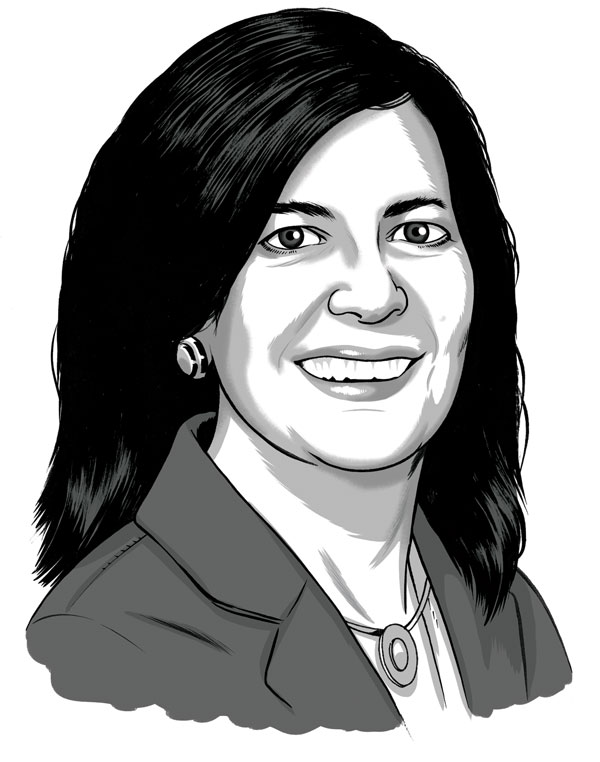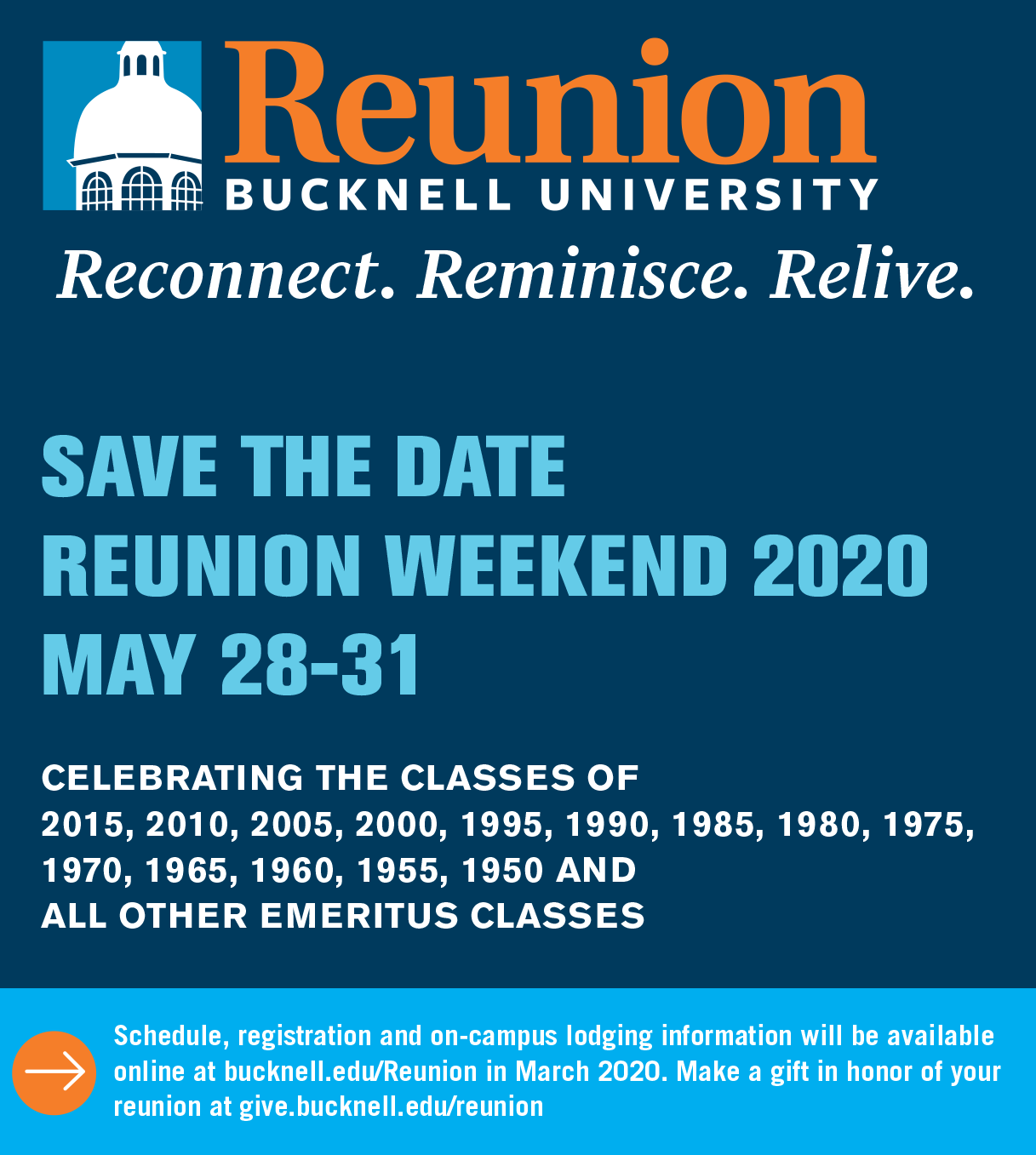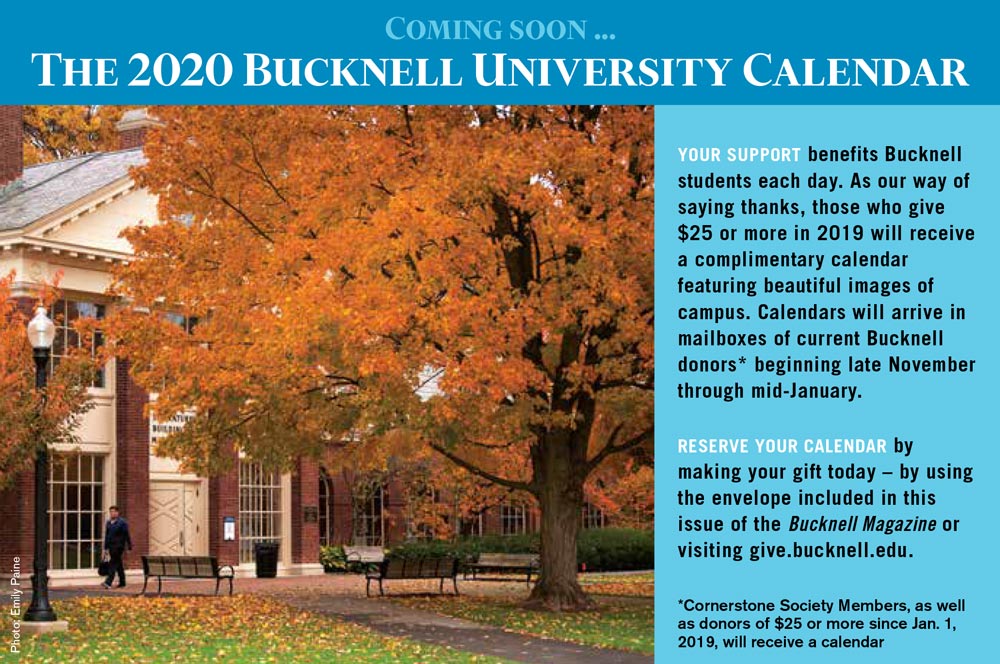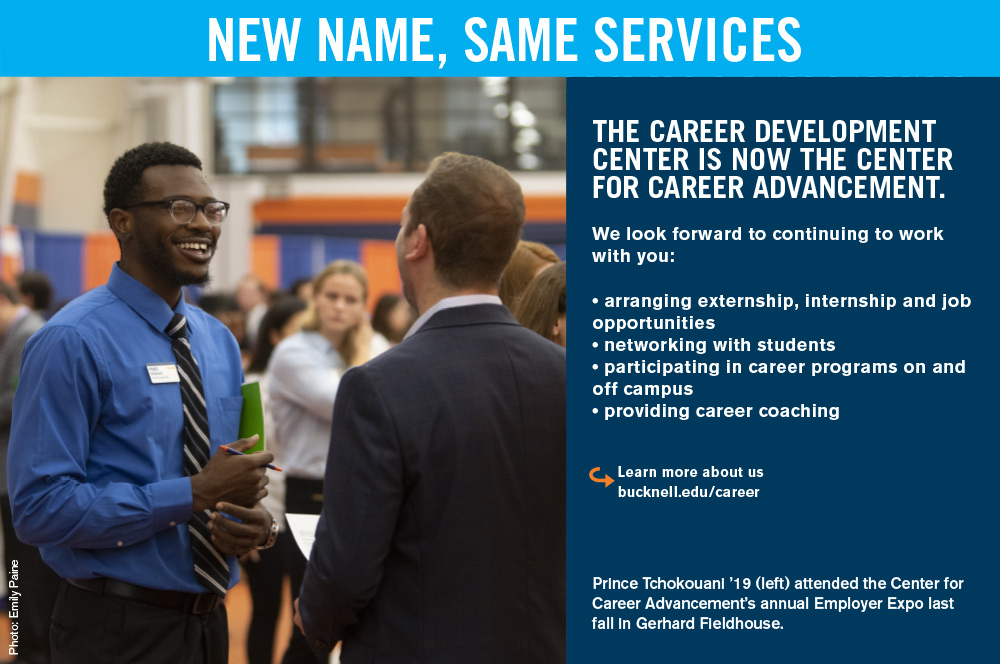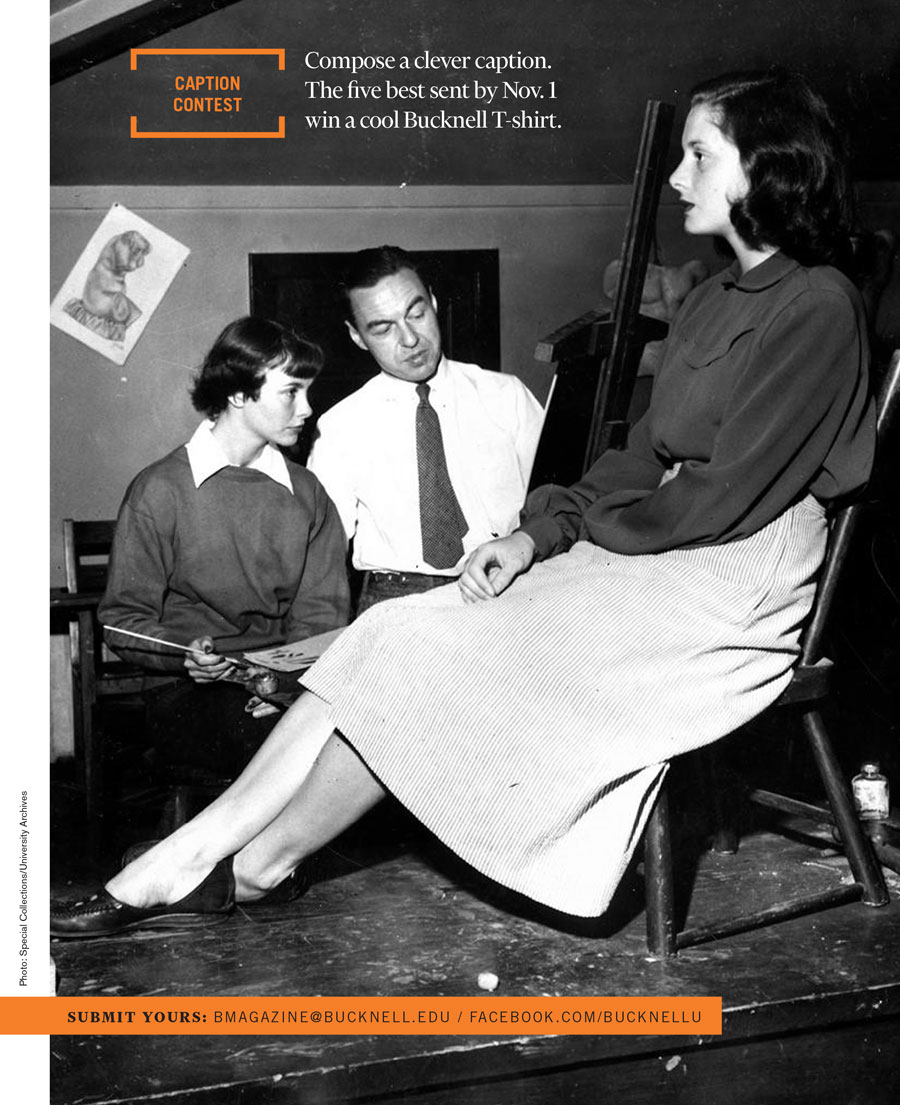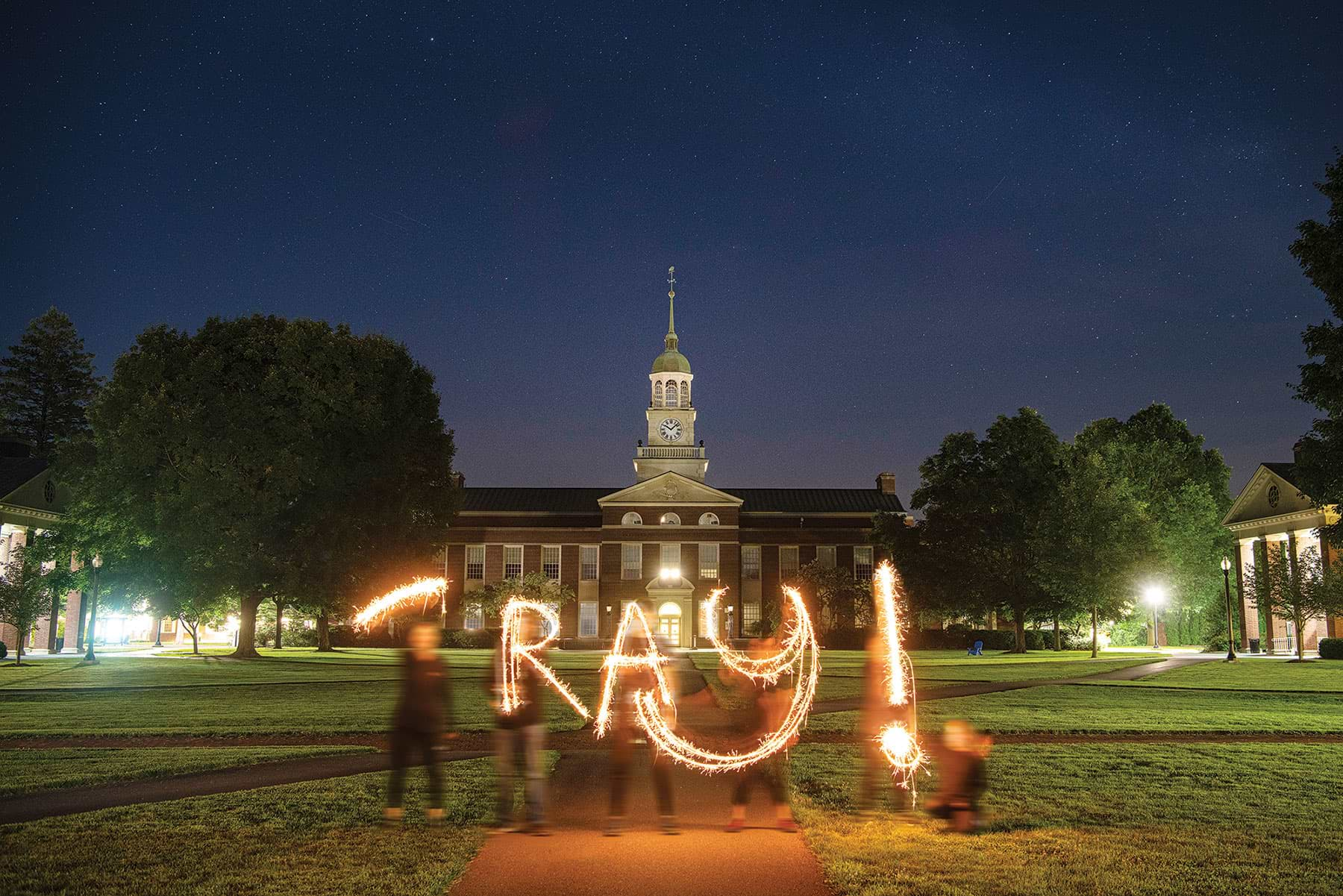

by Julia Stevens ’20
Having recently discovered a passion for Africana studies and geography, Mills decided to limit other activities to focus on academics. He says his research, overseen by Professor Jaye Williams, Africana studies, investigates August Wilson’s plays and the black experience in Pittsburgh. Mills also works with Professor Vanessa Massaro, geography, studying support systems of incarcerated individuals, mass incarceration and how parole has affected its evolution.
As Mills continues juggling a full plate of responsibilities, he’s planning a teaching career and may pursue a Ph.D. In the meantime, he’s making the most of his Bucknell time, especially one-on-one opportunities to interact with professors. “I really enjoy hanging out with my professors and asking for more readings and topics to do research on,” he says.


Having recently discovered a passion for Africana studies and geography, Mills decided to limit other activities to focus on academics. He says his research, overseen by Professor Jaye Williams, Africana studies, investigates August Wilson’s plays and the black experience in Pittsburgh. Mills also works with Professor Vanessa Massaro, geography, studying support systems of incarcerated individuals, mass incarceration and how parole has affected its evolution.
As Mills continues juggling a full plate of responsibilities, he’s planning a teaching career and may pursue a Ph.D. In the meantime, he’s making the most of his Bucknell time, especially one-on-one opportunities to interact with professors. “I really enjoy hanging out with my professors and asking for more readings and topics to do research on,” he says.
Jordan, Minn.
Professor Christopher Magee, economics, explores globalization.
Nakea Tyson ’11 (left) and Nadia Sasso ’11 are riding the media wave in fast-paced LA.
Photo by
Shayan Asgharnia

While it’s always important to periodically gauge how a magazine is landing with its readers, we felt it was especially critical for Bucknell Magazine to do so 18 months after a major redesign.
According to our new survey results, Bucknell Magazine exceeds the national norm in many categories. A greater percentage of our readers rate our content, writing and photography as excellent or good. We are just below the norm for ease of reading, layout and design, and your narrative comments tell us that small type size is an issue in some parts of the magazine. Some prefaced their remarks with, “I know I’m an older reader, but …” And yes, 75 percent of our respondents are over age 50 — 23 points higher than other schools’ respondents. But older or not, we feel you make a good point. And we plan to do something about it.

Volume 12, Issue 4
Heather Johns
Editor
Sherri Kimmel
Design
Amy Wells
Associate Editor
Matt Hughes
class notes editor
Heidi Hormel
Brad Tufts
Emily Paine
Susan Lindt
Marielle Miller
Editorial Assistants
Shana Ebright
Julia Stevens ’20
Website
bucknell.edu/bmagazine
Contact
Email: bmagazine@bucknell.edu
Class Notes:
classnotes@bucknell.edu
Telephone: 570-577-3611
(ISSN 1044-7563), of which this is volume 12, number 4, is published in winter, spring, summer and fall by Bucknell University, One Dent Drive, Lewisburg, PA 17837. Periodicals Postage paid at Lewisburg, PA and additional mailing offices.
Permit No. 068-880.
Circulation
53,000
Postmaster
Send all address changes to:
Office of Records,
301 Market St., Suite 2
Bucknell University, Lewisburg, PA 17837
© 2019 Bucknell University
Please recycle after use.
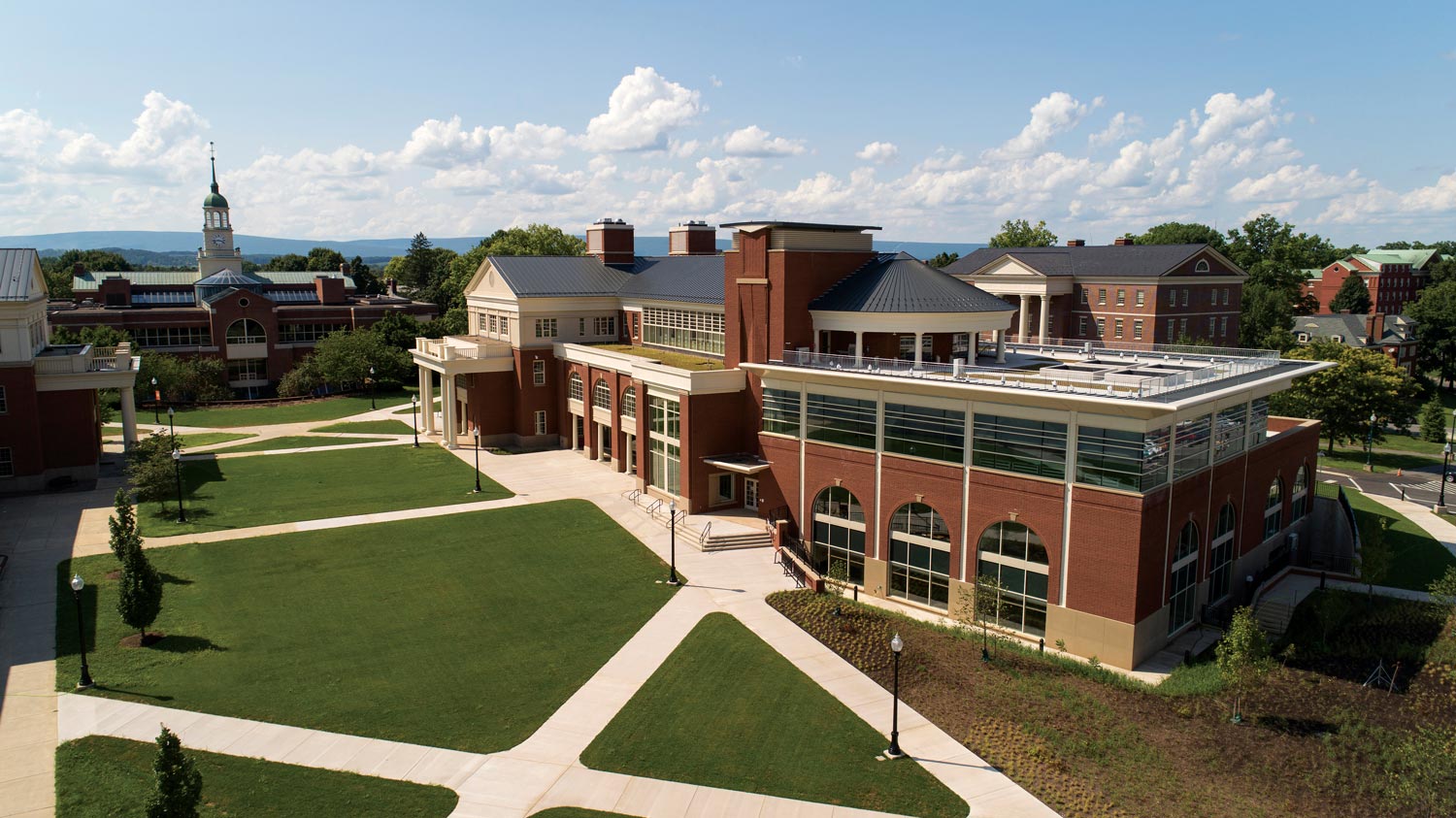
Academic East opened in August. Funded by a combination of University resources and private support, it is a center for high-tech innovation with 25 labs and research equipment found at few other colleges or universities. What also sets the building apart is that undergraduate students get to use it all, starting their very first year on campus.
“We’re proud to be an institution that values expanding the worldview of our students as much as we do and shaping the world through groundbreaking research,” says President John Bravman. “With Academic East, we intend to do both.”
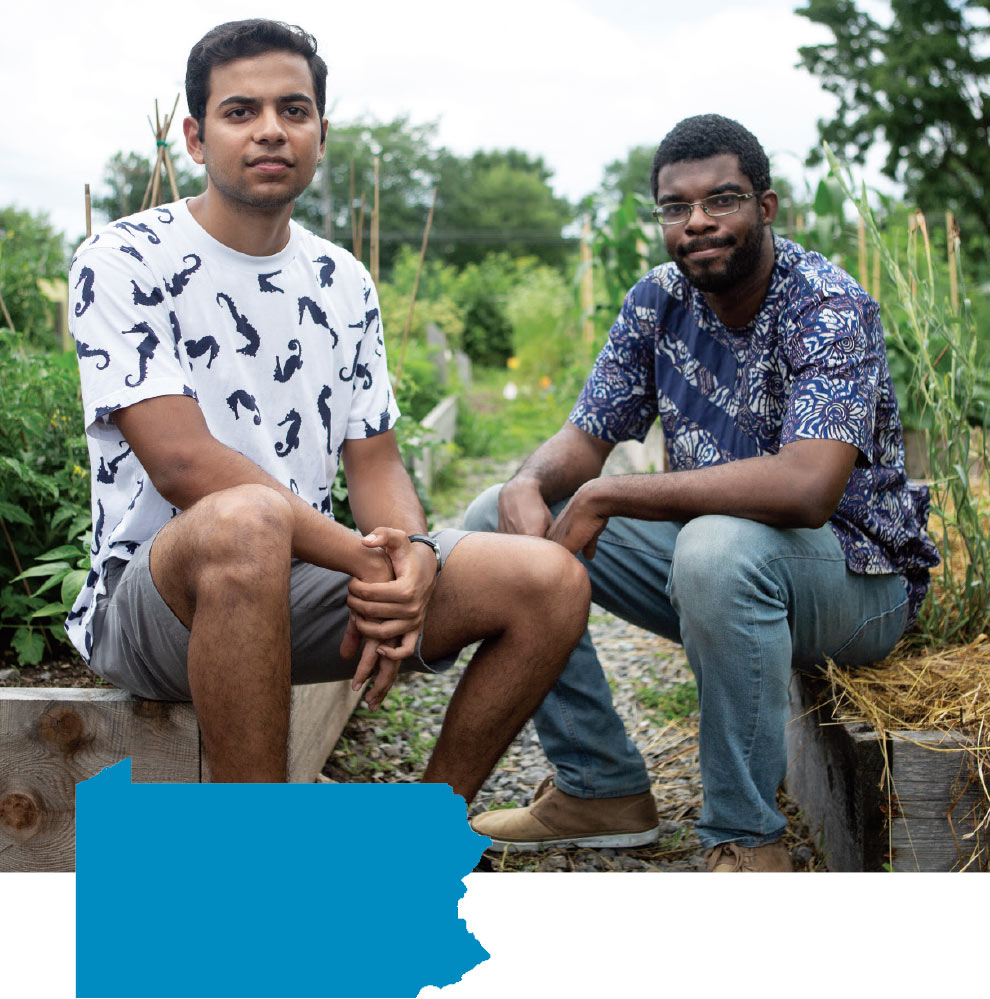

 Lewisburg, Pa.
Lewisburg, Pa.
For the last two summers Arsh Noor Amin ’21 has been a familiar face at the Lewisburg Community Garden, not only volunteering to keep the weeds at bay but conducting a study to glean what volunteers gain from their garden experience.
What He Did
Tablet in hand, Noor Amin interviewed community volunteers, ages 18 to 70. He also encouraged them to tell their stories on the garden website’s blog. “You see that some find the garden’s tasks relaxing, and some find them very challenging,” he says.
Professor Philip Asare, electrical & computer engineering, proposed the project to Noor Amin in 2018, and a Library & Information Technology grant provided funding. “Digitally capturing daily activities and telling a story through media can help bring the garden to life in a different way,” Asare says.
Curiosity led him to Bucknell’s Summer Management Institute, a new initiative aimed at teaching the basic principles of management to students who are not management majors. Nine weeks of exploring the nitty-gritty world of consulting and decision-making concepts provided Iwaoka a clearer sense of his career options.
“After meeting with executives and working on our project, I had a better insight into what I could do,” Iwaoka says of his institute experience. “It really piqued my interest into the managerial side of my major.” After graduation, Iwaoka intends to pursue an MBA and become a project consultant in the engineering field.
Iwaoka was in the institute’s inaugural class of eight students who took management classes, networked and developed an action plan to address a real-world client’s real needs as a final project.
That client was The Champions Community Foundation, a nonprofit serving young adults with disabilities founded by Rick ’79, P’08 and Nancy Murphy Thompson ’79, P’08 and led by Tom Hislop ’78, P’20, P’22. Students developed marketing strategies, fundraising advice and a budget plan to finance the technology required to meet the client’s goals.

INNOVATION
AGILE MIND. CREATIVE IMPULSES.
Frank Davis ’82, P’13 of Kennesaw, Ga., is the president and CEO of Horizon Services Corp. A diversity-owned business, Horizon is a technology-focused project, program and materials management firm with a primary focus on the automotive industry. A former member of the Bucknell University Alumni Association, Davis majored in electrical engineering.
Another engineering major, Annie Seibold Drapeau ’88, recently became chief people officer at Toast Inc., a Boston-based software company that serves the restaurant industry. A member of the Freeman College of Management Advisory Board, she also is the chair of the Boston advisory board for the Posse Foundation.
Alexandra Ahrens Jung ’92, who majored in economics and Spanish, was most recently a partner and head of Europe for Oak Hill Advisors and currently is a senior adviser, in addition to her several corporate board roles, including for NVR Inc. In 2017, Hedge Fund Journal designated her as one of its 50 Women in Hedge Funds, and in 2016 she received the 100 Women in Hedge Funds’ European Industry Leadership Award.

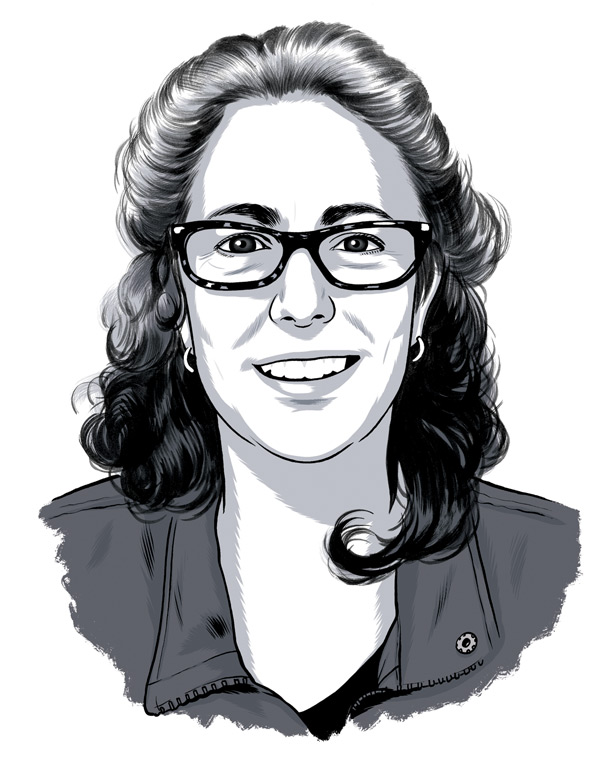

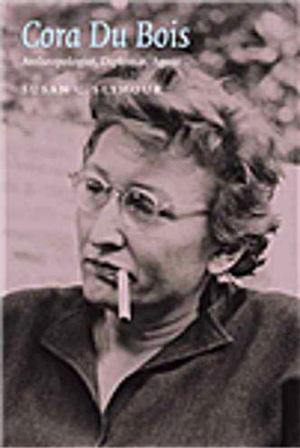
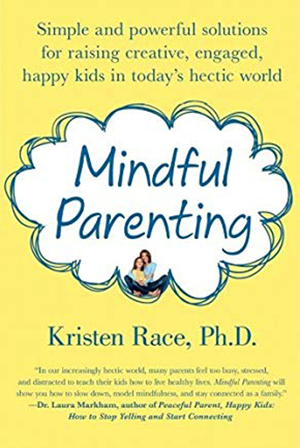

Since I adore African fiction and co-directed Bucknell in Ghana in spring 2018, I was drawn to this beautifully written book that spans three continents. When a successful surgeon, who abandoned his family, dies suddenly in Ghana, his wife asks the children to return to bury him. The story moves back and forth in time and space, depicting the multiple conflicts, traumas and losses that have divided the family, and highlighting the challenges of transnationalism, the complexity of family and the power of ritual to transform and heal.

Cora DuBois helped shape the discipline I love and was a key figure in the 1930s Culture and Personality school, which explored the relationship between anthropology and psychoanalysis. She conducted fieldwork in what is today Indonesia and with indigenous peoples in the United States and was the first woman tenured in Harvard University’s anthropology department. Her pioneering struggles against discrimination are humbling and inspiring.

Useful for parents struggling to achieve work/life balance, this book explores how stress affects children’s brains and suggests children should slow down and replace TV, phones and video games with more mindful activities. Mindfulness, Race says, can help destress overscheduled, overstimulated, attention- fragmented and perfection- obsessed children. The book also is a compelling case study for my professional interest in cross-cultural perspectives on parenting.


b. Guitar
c. Pencil and paper?

b. Barbra Streisand
c. Lady Gaga



“I developed this class because I love issues involving international trade, particularly the politics of trade. There are many controversial topics surrounding globalization, such as its impact on the environment and developing nations, that lead to engaged discussions.
“In this class, we hold debates on difficult questions that challenge students to consider the benefits and hazards of an increasingly integrated economy. Does globalization harm or help the environment? Should the United States forcefully encourage other countries to become democracies? Should our nation allow more or fewer immigrants into the country? Students read arguments on both sides of an issue, and a few write opinion papers advocating for one point of view. The writers lead group discussions, then the entire class comes together for a debate.
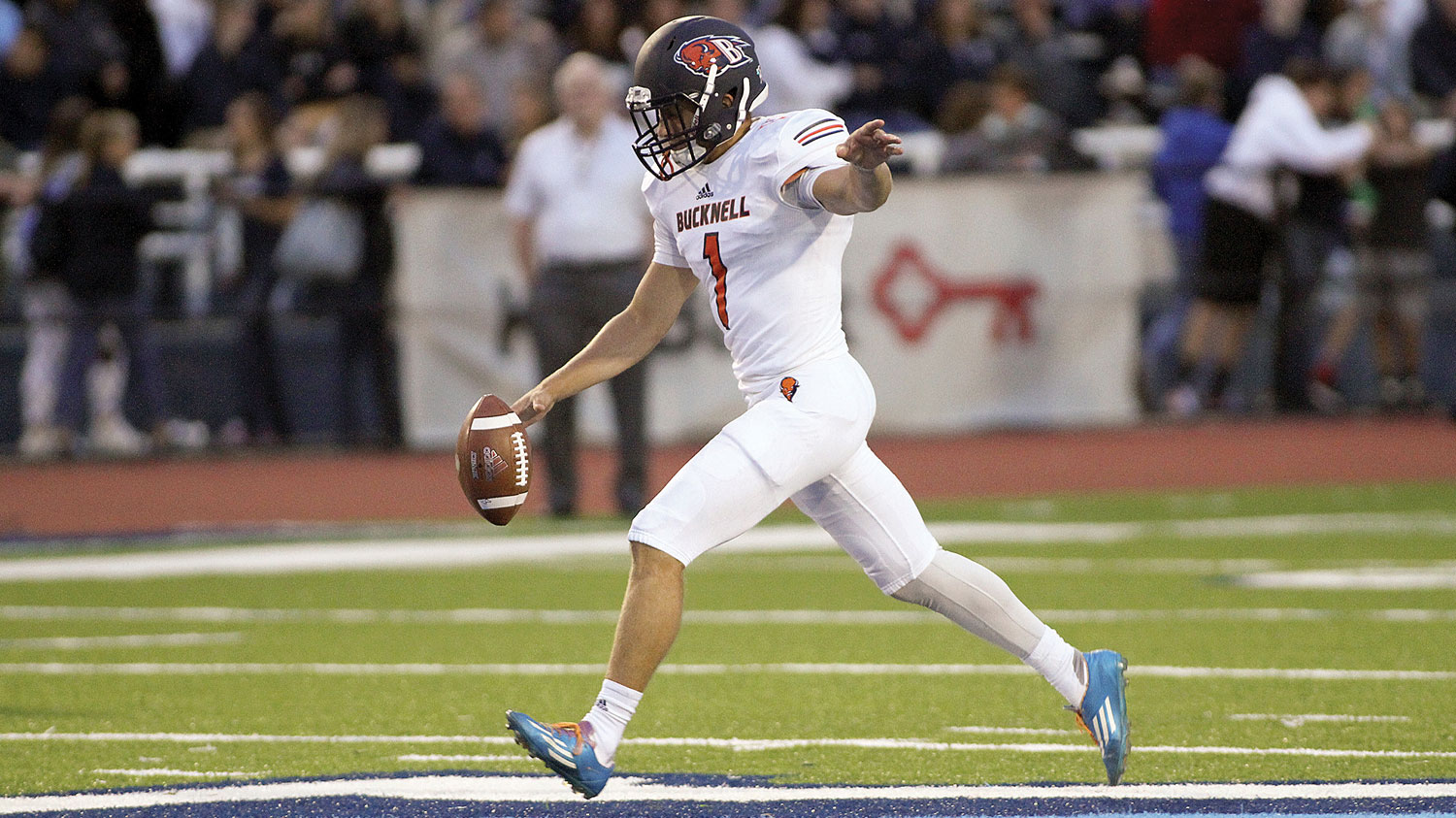
Get ready for some fancy footwork this fall, Bison football fans: Punter and two-time Patriot League Scholar-Athlete of the Year Alex Pechin ’20 plans to harness his engineering prowess to drive his team to victory.
“Being able to understand biomechanics and physics is pretty important in punting, especially with your leg swing and how you make contact with the ball,” says the dual major in biomedical engineering and management for engineers. “If it’s windy, you know you’re going to have to hold the ball differently. A lot of things really make sense when you think about them in terms of physics.”
Pechin, named to four Preseason All-America First Teams, is considered one of the best punters in program history. He holds the school record in career punting average (43.7 yards), and — at 71 yards and 70 yards — he struck the third- and fifth-longest punts in school history.

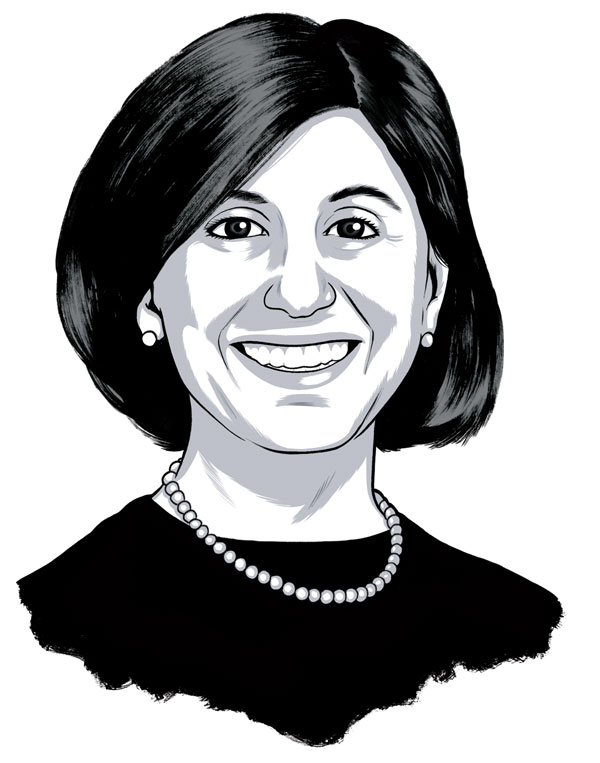
 Patricia Perazzini ’82, P’15 so enjoyed co-chairing her 30th Reunion Committee that she abandoned her accounting career and began a new career rallying Fairfield University alumni. Perazzini generates good vibes among alumni chapters to keep the Fairfield Stags coming back.
Patricia Perazzini ’82, P’15 so enjoyed co-chairing her 30th Reunion Committee that she abandoned her accounting career and began a new career rallying Fairfield University alumni. Perazzini generates good vibes among alumni chapters to keep the Fairfield Stags coming back.
Perazzini still gushes about her own 35th Reunion — an event so perfectly strategized, it herded more Bison back to Bucknell than any other 35th-year Reunion class in at least the last decade.
hen Professor Jai Kim and his family moved around South Korea during the early 1950s to avoid the war, he had dreams of coming to America to study engineering. But when he finally got here, he never imagined he’d spend the rest of his life in the United States, including more than 40 years teaching civil and environmental engineering at Bucknell. Though he retired in 2009, Kim still actively consults on steel-truss bridge restoration projects — an area where he is considered one of the country’s foremost experts.
Kim’s arrival in the United States in 1955 began inauspiciously: During his voyage on a cargo ship headed to San Francisco, he learned the school in Texas that had admitted him didn’t have an engineering program. Disembarking with $150 in his pocket (about $1,400 today) and barely speaking English, he was determined not to give up his dream. He made his way to Oregon State University, where he was able to convince the school to admit him. He graduated 60 years ago.




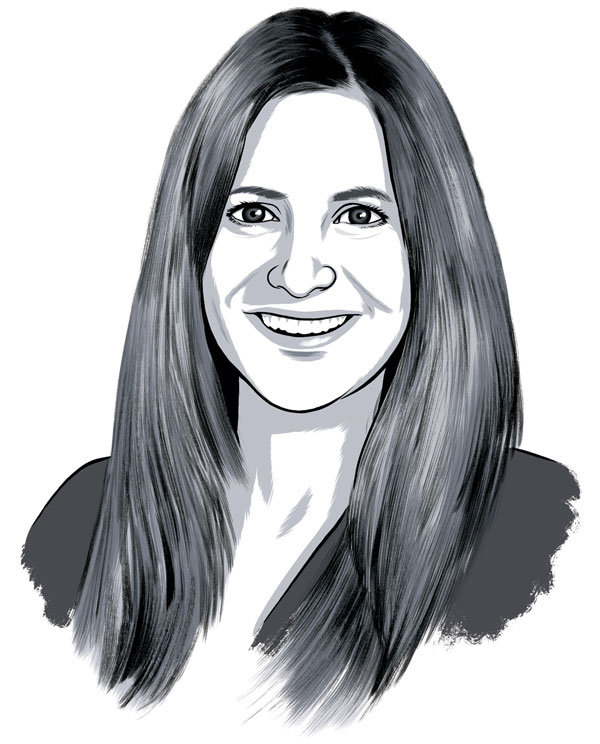
Dean of Students
Well-being is her goal
If you’re like many people, that last question in the exercise is hardest, says Professor Mick Smyer, psychology, who has queried many people in workshops during the past few years. “I have asked more than a thousand people, and everyone has a place they care about, everyone knows what the threat is, and everyone knows what they’d like it to look like,” he says. “But the question of what to do about climate change stumps 50 to 80 percent of people.”
Smyer began creating programs around climate change after Hurricane Katrina decimated his hometown of New Orleans in 2005, amid increasing research showing that climate change influences the severity of hurricanes. As a longtime gerontologist who has studied the psychology of aging, Smyer started focusing on older people, calling his program Graying Green. Seniors are often overlooked when it comes to climate- change education but can be a powerful group when motivated.
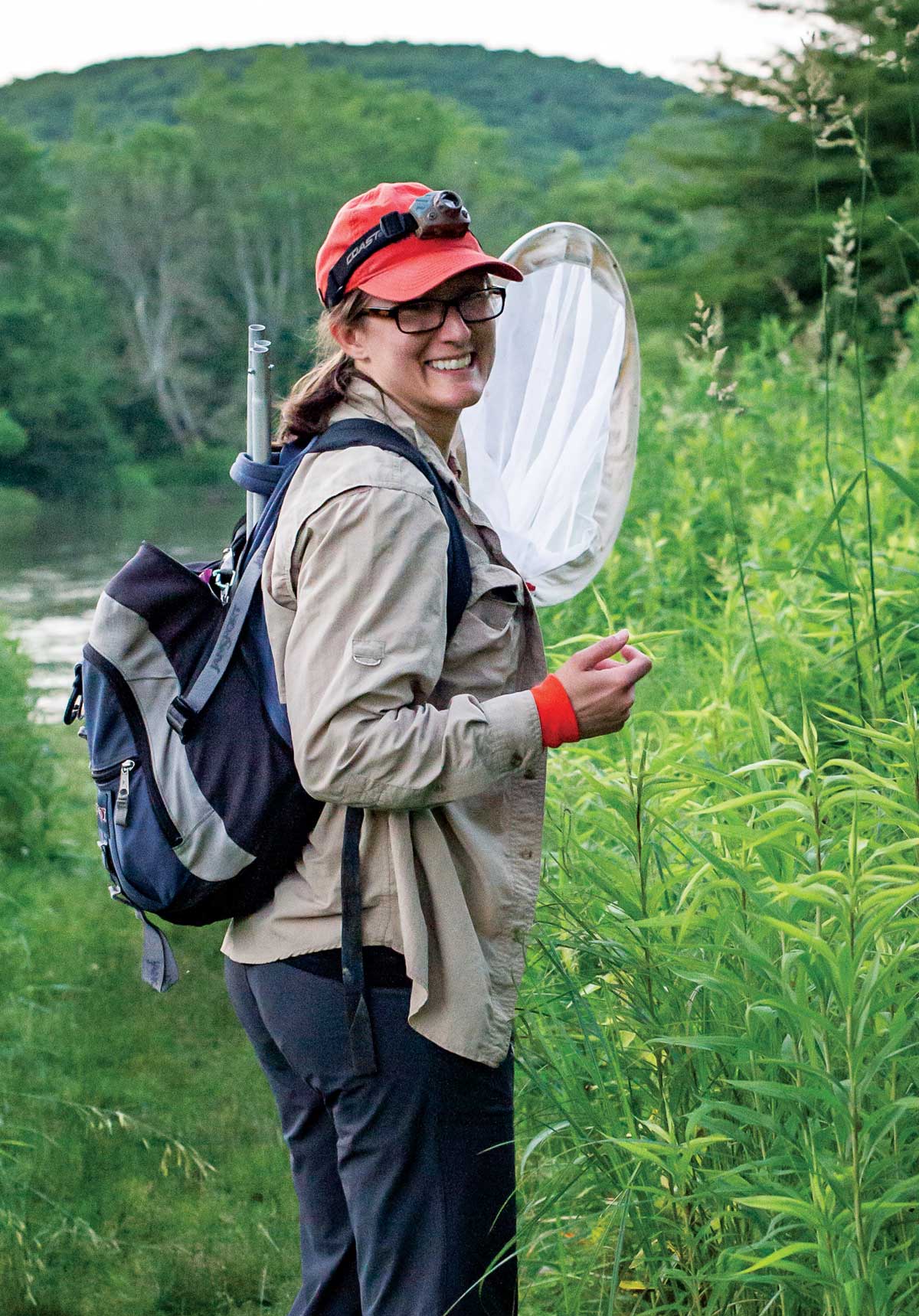
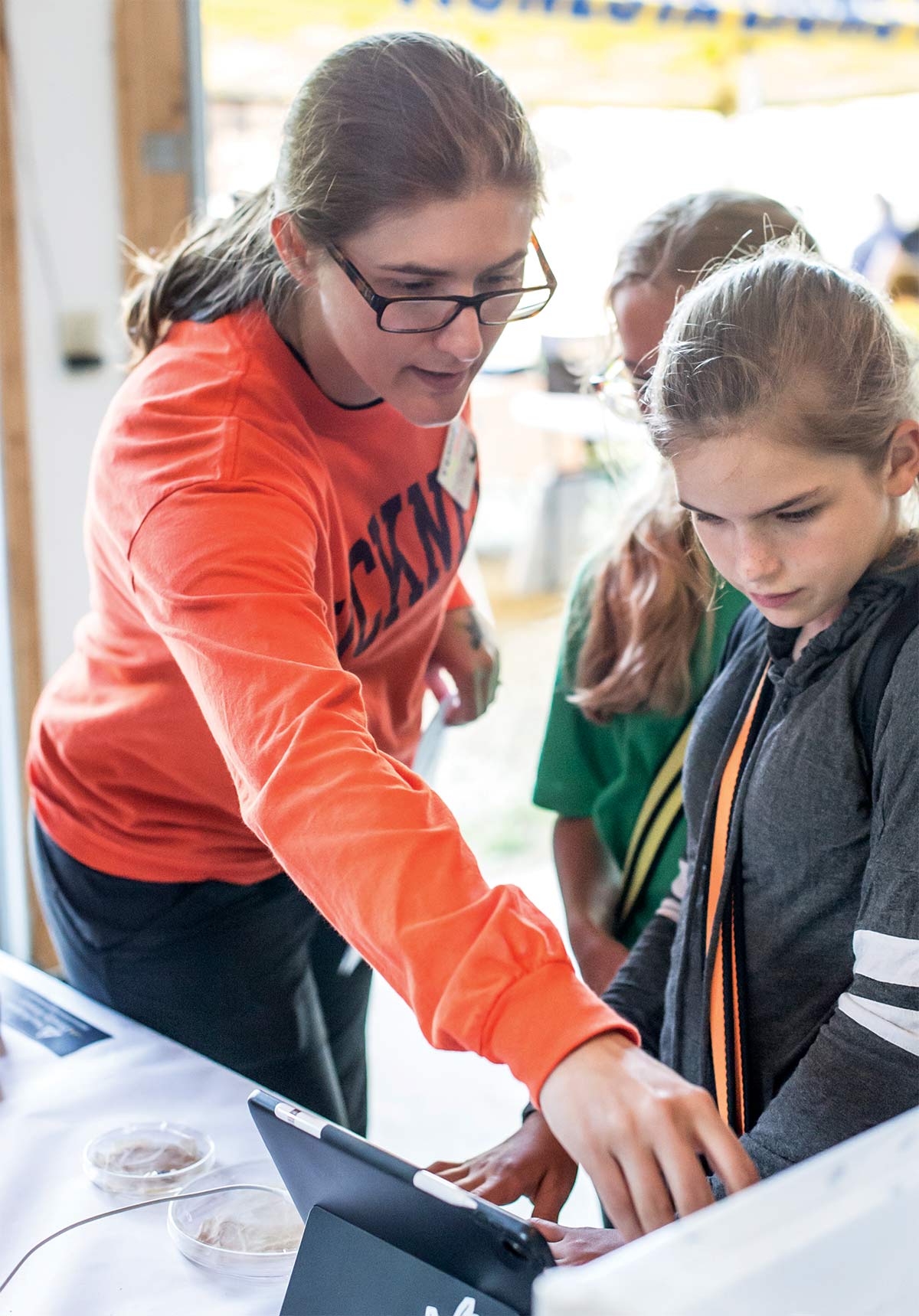
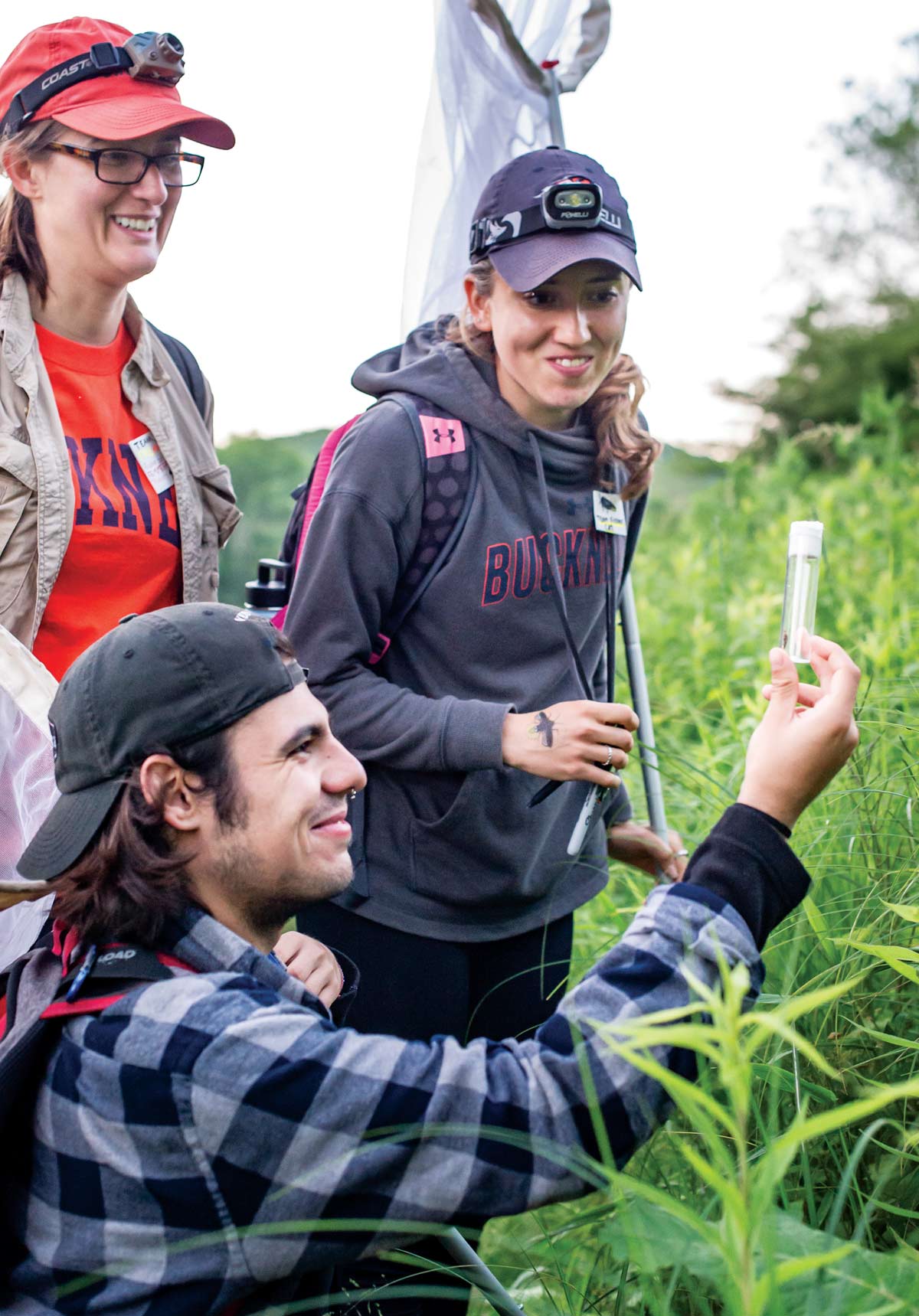


for Parity
to Bucknell women in entertainment

for Parity


icture the scene: A camera pans over New York, the skyscrapers illuminated and glistening at night, before the director cuts to a plush hotel room overlooking the city. Inside, a svelte man in his early 50s relaxes in his white bathrobe on a couch — cola in hand and Japanese wrestling livestreaming on his laptop.
Then his phone rings. When Harold Meij ’86 answers, he receives an offer no Japanese wrestling fan could refuse — the opportunity to become the CEO and president of Japan’s largest and most popular wrestling organization, New Japan Pro-Wrestling. Meij said yes, and in 2018 became the organization’s first non-Japanese leader.
In most companies, new appointments are announced with an internal memo, a press release or maybe even a press conference. With all the showmanship one would expect of professional wrestling, Meij starred in an introductory video, one that ends with the Dutchman delivering a statement of intent to the sport’s ever-growing legion of fans: “I want to bring New Japan Pro-Wrestling to the next level.”
Why did Meij get that call? The answer, as he explains during an interview at his office in Tokyo’s Shinagawa Ward, is that New Japan Pro-Wrestling wanted someone equally at ease with business not only in Japan but throughout the rest of the world. The multilingual Meij fit that bill, having been raised in Japan and Indonesia by Dutch parents before attending Bucknell as an international student.
Then his phone rings. When Harold Meij ’86 answers, he receives an offer no Japanese wrestling fan could refuse — the opportunity to become the CEO and president of Japan’s largest and most popular wrestling organization, New Japan Pro-Wrestling. Meij said yes, and in 2018 became the organization’s first non-Japanese leader.
In most companies, new appointments are announced with an internal memo, a press release or maybe even a press conference. With all the showmanship one would expect of professional wrestling, Meij starred in an introductory video, one that ends with the Dutchman delivering a statement of intent to the sport’s ever-growing legion of fans: “I want to bring New Japan Pro-Wrestling to the next level.”
Then his phone rings. When Harold Meij ’86 answers, he receives an offer no Japanese wrestling fan could refuse — the opportunity to become the CEO and president of Japan’s largest and most popular wrestling organization, New Japan Pro-Wrestling. Meij said yes, and in 2018 became the organization’s first non-Japanese leader.


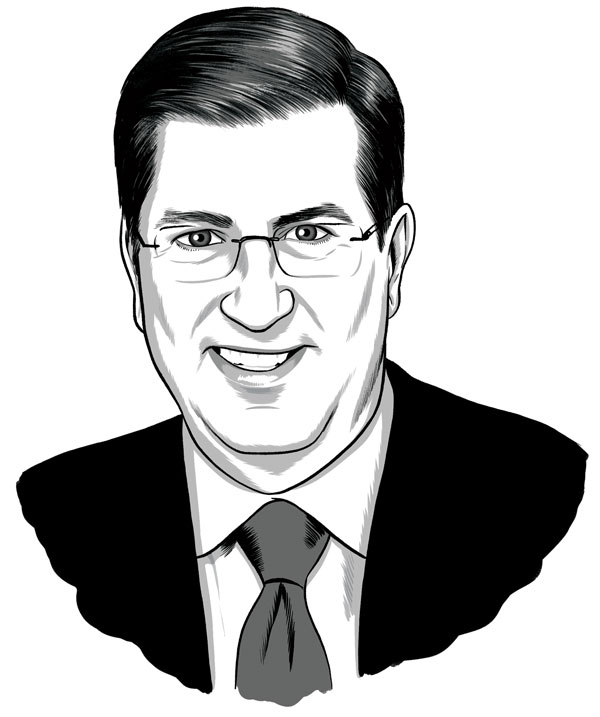
IT’S BEEN 60 YEARS since C.P. Snow set off a flurry of debate with his lecture, “Two Cultures and the Scientific Revolution.” Back then, Snow’s concern was the inability of scientists and humanists to bridge the divide between their specialized disciplines and adequately communicate with one another.
Lamentably, the retreat into hardened boundaries between disciplines has only accelerated since Snow wrote, “It is dangerous to have two cultures which can’t or don’t communicate.”
In the ensuing decades, the drive to specialize has become even more intense as the world has become more complicated. In Range: Why Generalists Triumph in a Specialized World, science writer David Epstein decries the rush to specialization that many colleges and universities advocate. He notes that “narrow vocational training” won’t equip students for careers “in a complex, interconnected, rapidly changing world.”
Primates in Flooded Habitats
Photo: Phyllis Lee
Monkeys aren’t known for their water sport, but that may change.
In her recent book, Primates in Flooded Habitats: Ecology and Conservation, Katarzyna “Kate” Nowak ’01 shows there is such a thing as the secret aquatic life of primates.
“Primates are a high-profile group, and we know a lot about them in a typical terrestrial tropical forest,” Nowak says. “But there weren’t any books that combined the subjects of primates and water-logged habitats.”
Sharon Chamberlain ’71
A Reckoning: Philippine Trials of Japanese War Criminals (University of Wisconsin Press, 2019).
This book provides an authoritative assessment of war crimes trials convened by the Philippine government after World War II. It explores the legal challenges faced by that newly indepen- dent country and the divergent views of Filipinos and Japanese regarding the trial outcomes.
Aaron Hanlon ’04, M’06
A World of Disorderly Notions: Quixote and the Logic of Exceptionalism (University of Virginia Press, 2019)
Combining literary history and political theory, Hanlon clarifies an ongoing and immediately relevant history of exceptionalism, of how states from golden-age Spain to imperial Britain to the formative United States rendered themselves exceptions so they could act with impunity. In so doing, he tells the story of how Don Quixote became exceptional.
The Fundamentals of Circuits Made Easy (self-published)
Bayuk, an electrical engineering major and Russian minor, wrote and illustrated this book designed to teach and inspire middle school and older elementary students about circuits using fun visual aids and easily comprehensible explanations.
Alexander Riley (sociology) and Alf Siewers (English)
The Totalitarian Legacy of the Bolshevik Revolution (Lexington Books)
Essays in this book explore the human costs of the Bolshevik Revolution, its contribution to the spread of totalitarianism and the responses it inspired among American and Western intellectuals.
John Enyeart (history)
Death to Fascism: Louis Adamic’s Fight for Democracy (University of Illinois Press)
Author Louis Adamic, who died in 1951, played a leading role in a coalition of black intellectuals and writers, working-class militants, ethnic activists and others who worked for a multiethnic America and against fascism.
Sharon Chamberlain ’71
A Reckoning: Philippine Trials of Japanese War Criminals (University of Wisconsin Press, 2019).
This book provides an authoritative assessment of war crimes trials convened by the Philippine government after World War II. It explores the legal challenges faced by that newly indepen- dent country and the divergent views of Filipinos and Japanese regarding the trial outcomes.
Aaron Hanlon ’04, M’06
A World of Disorderly Notions: Quixote and the Logic of Exceptionalism (University of Virginia Press, 2019)
Combining literary history and political theory, Hanlon clarifies an ongoing and immediately relevant history of exceptionalism, of how states from golden-age Spain to imperial Britain to the formative United States rendered themselves exceptions so they could act with impunity. In so doing, he tells the story of how Don Quixote became exceptional.
The Fundamentals of Circuits Made Easy (self-published)
Bayuk, an electrical engineering major and Russian minor, wrote and illustrated this book designed to teach and inspire middle school and older elementary students about circuits using fun visual aids and easily comprehensible explanations.
Alexander Riley (sociology) and Alf Siewers (English)
The Totalitarian Legacy of the Bolshevik Revolution (Lexington Books)
Essays in this book explore the human costs of the Bolshevik Revolution, its contribution to the spread of totalitarianism and the responses it inspired among American and Western intellectuals.
John Enyeart (history)
Death to Fascism: Louis Adamic’s Fight for Democracy (University of Illinois Press)
Author Louis Adamic, who died in 1951, played a leading role in a coalition of black intellectuals and writers, working-class militants, ethnic activists and others who worked for a multiethnic America and against fascism.
Submit your own photos to Bucknell Magazine by contacting your class reporter or emailing classnotes@bucknell.edu
The gifts of Bertrand Society members strengthen every facet of the University.
Richard Andrews ’78
Algin Garrett ’74
Kenneth ’67, P’93 and Rande Greiner P’93
Douglas Grove ’72
Roger ’69 and Patricia Heinemann
Marilyn Kviljord Jones ’70
Nelson ’58 and Susan Smith
Garry Thaniel ’04
Margaret Bortz Andrews ’40
Edward Brenneman
Barbara Paulison Byerly ’53
Yvonne Day P’97, P’04
Betty Shuster Kiely ’51, P’83
Bruce LaBar ’54
Jane Brown Maas ’53, P’86
Annabel Kreider Schnure ’40, P’66, P’69, P’72
Frederick ’54 and Carol Shehadi P’81, P’84, P’89, G’14, G’15, G’17
Marilyn Pieper Shelley ’59, P’88
Dorothy Derr Snyder ’41, P’74, P’75, G’12
Margaret Soars Sosa ’46, P’87
Charlotte Stratton ’51
Alex Webb ’44
Bennett Willeford
Alice Healey Wolpert ’40
Margaret Bortz Andrews ’40
Edward Brenneman
Barbara Paulison Byerly ’53
Yvonne Day P’97, P’04
Betty Shuster Kiely ’51, P’83
Bruce LaBar ’54
Jane Brown Maas ’53, P’86
Annabel Kreider Schnure ’40, P’66, P’69, P’72
Marilyn Pieper Shelley ’59, P’88
Dorothy Derr Snyder ’41, P’74, P’75, G’12
Margaret Soars Sosa ’46, P’87
Charlotte Stratton ’51
Alex Webb ’44
Bennett Willeford
Alice Healey Wolpert ’40
If you have a plan that qualifies you for membership or you would like additional information about the Bertrand Society, please contact the Office of Gift Planning at 570-577-3271 or giftplanning@bucknell.edu.
I came to Bucknell in 1960 from New Jersey and quickly got caught up in the social scene. By 1963, my junior year, I had left fraternity beer-party life and befriended a group of very talented and gifted students who seriously studied art, drama and literature. English Professor Joseph Guerinot was at the center of this group. Joe’s apartment on the banks of the Susquehanna River was a meeting place for some of us. Talk centered on art, literature, history and French cooking. This was a new and inviting world for me. Alice Hooker, daughter of Ward Hooker, a professor of English, was a member of the group. Alice commented affectionately over a glass of red wine: “Joe, you don’t talk talk; you speak prose.” And indeed he did.
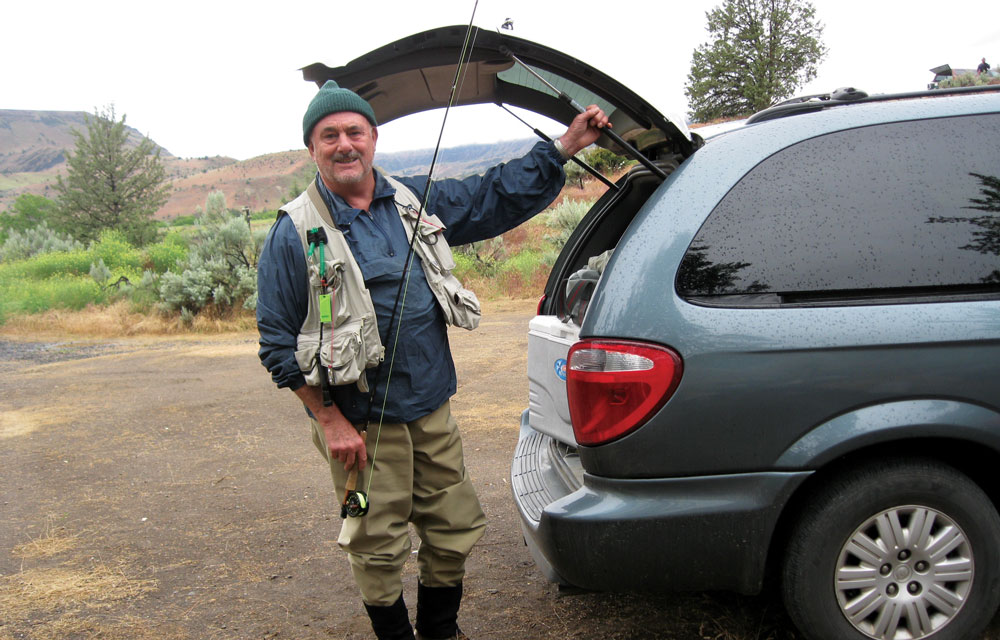
It was 1991, and the Soviet Union under Mikhail Gorbachev was just opening for private Western investment. “We had a bit of the ‘do-gooder’ instinct,” Gansinger says.
It would be years before their venture would make Gansinger and his partners any money, but there were plenty of fascinating adventures.
Early on, Gansinger was scoping business opportunities in a small Soviet rust-belt town when word came that the Soviet Union had officially dissolved.
It took another three years before Gansinger and his partners could work through Russia’s chaotic economic and political transition to open their flagship Subway sandwich store in St. Petersburg. Unbeknownst to them, their Russian venture partners were mafia thugs, who would soon come in with guns drawn and literally steal the store from them. It took eight years of legal struggle to get it back. At times, Gansinger traveled under an assumed name for self-protection.
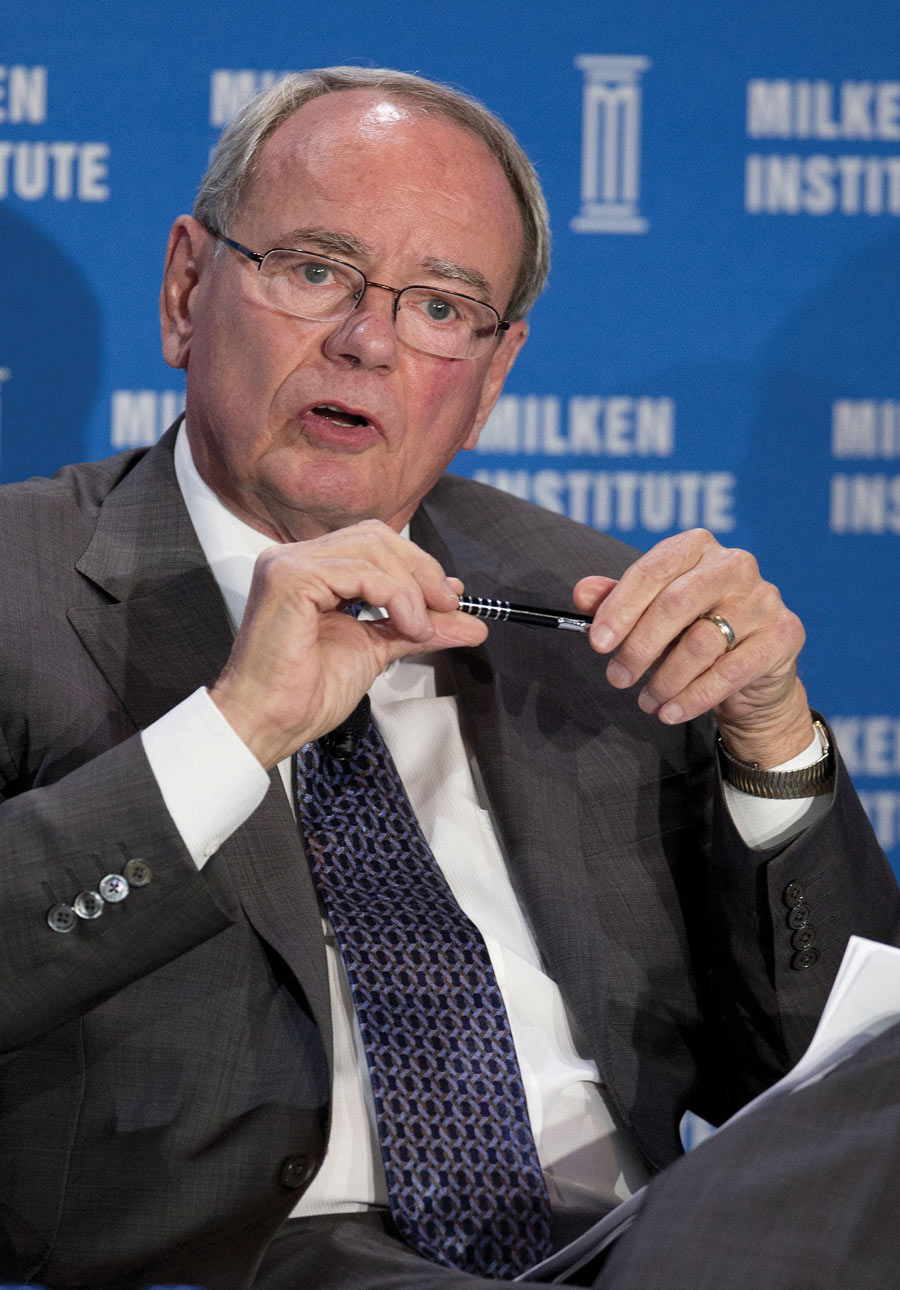
In the early 2000s, when JoAnn Patrick-Ezzell ’75 repatriated to the U.S. after working abroad, she and her husband, Andrew, felt compelled to act.
She had been president and CEO of AT&T Asia/Pacific in Hong Kong, but during decades of international travel, the couple witnessed many impoverished children lacking access to education, and they were moved to take action.
Viewing education as a critical lever to success, they established in 2002 their aptly named charity, Give Something Back International Foundation.
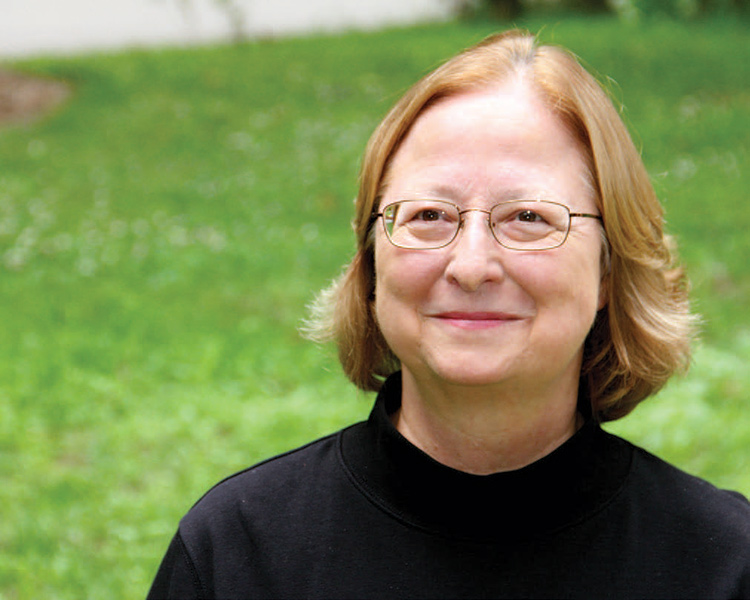
JoAnn Patrick-Ezzell ’75 developed a global perspective at Bucknell, which she has employed in her career and philanthropy.
As head of design for Hinckley Yachts in Trenton, Maine, for the last 20 years, Shaw is still following his passion, albeit on a bigger scale. He says there have been many career highs, but none greater than designing and building a custom picnic boat for the late philanthropist and banker David Rockefeller.


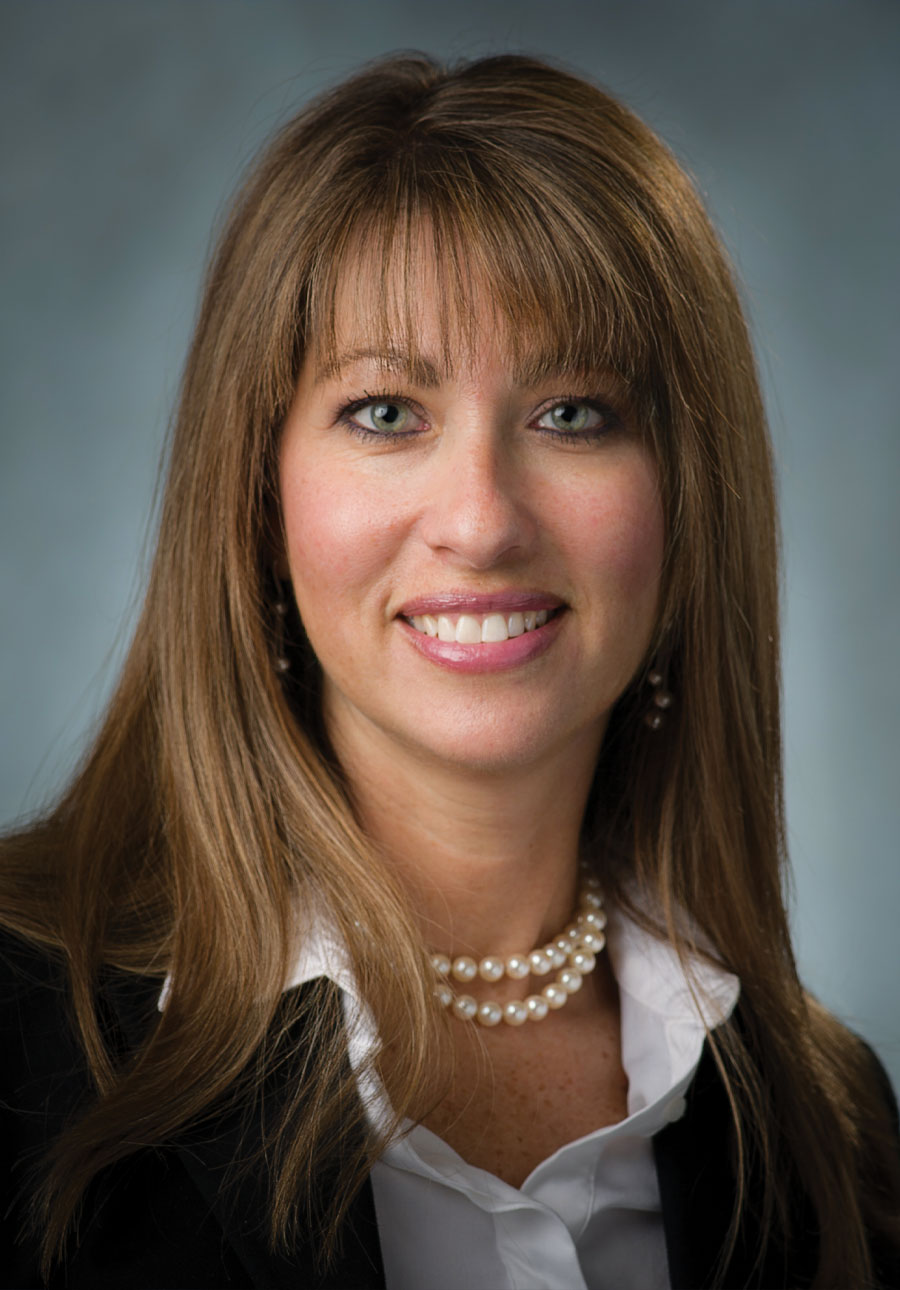

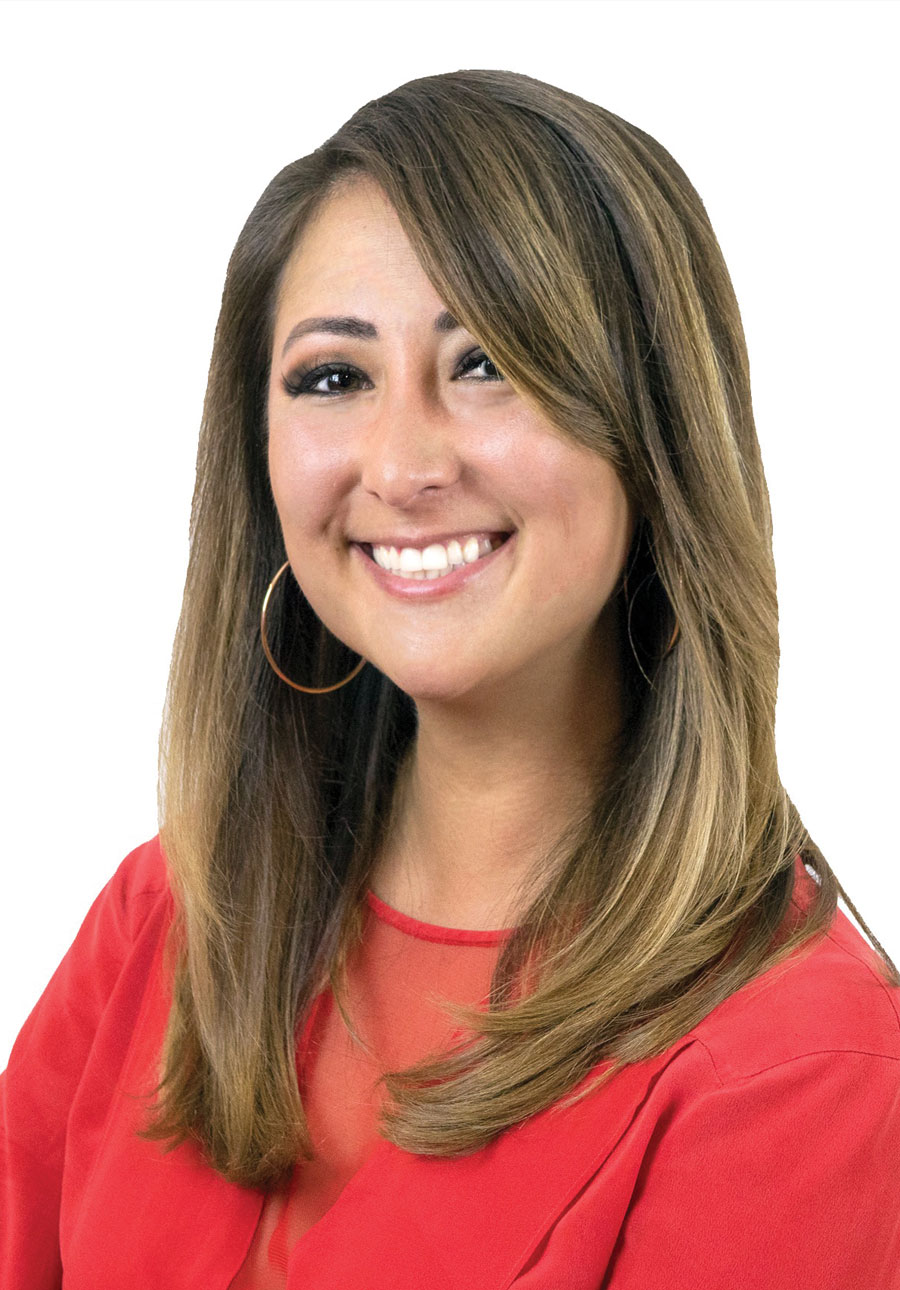
As the world becomes more technology based, a new sector of business has emerged. Digital companies are on the rise, and entrepreneurs like Christine Yaged ’09 are forming their own startups — offering analytical services so these emerging digital brands can measure their success.
In 2014, Yaged and her co-founders started Launch Potato, a marketing technology company that connects consumers to digital brands, in order to build a work culture that was different from the corporations for which they had previously worked. Since its founding, the company has launched and scaled six companies such as the personal finance site FinanceBuzz.
Based in Delray Beach, Fla., Launch Potato is a modern company in every sense. Yaged explains that employees have the option to work remotely, which allows the company “to hire the best talent no matter where they are in the world.”
This contemporary business model earned Launch Potato South Florida Business Journal’s 2019 Best Place to Work award. According to Yaged, majoring in management taught her many of the skills she uses in her business today, but it also instilled in her “the importance of a company’s values and culture.”
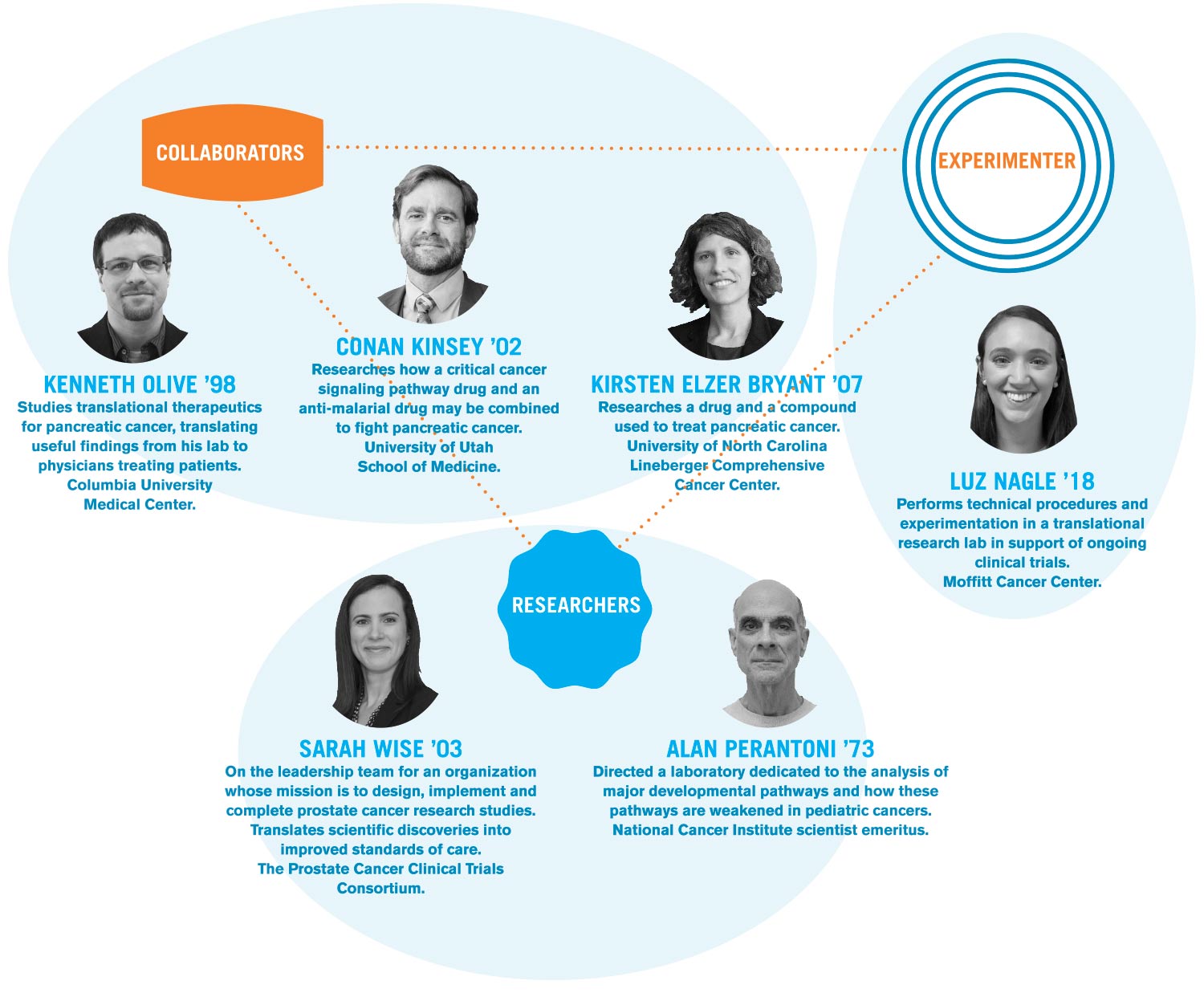
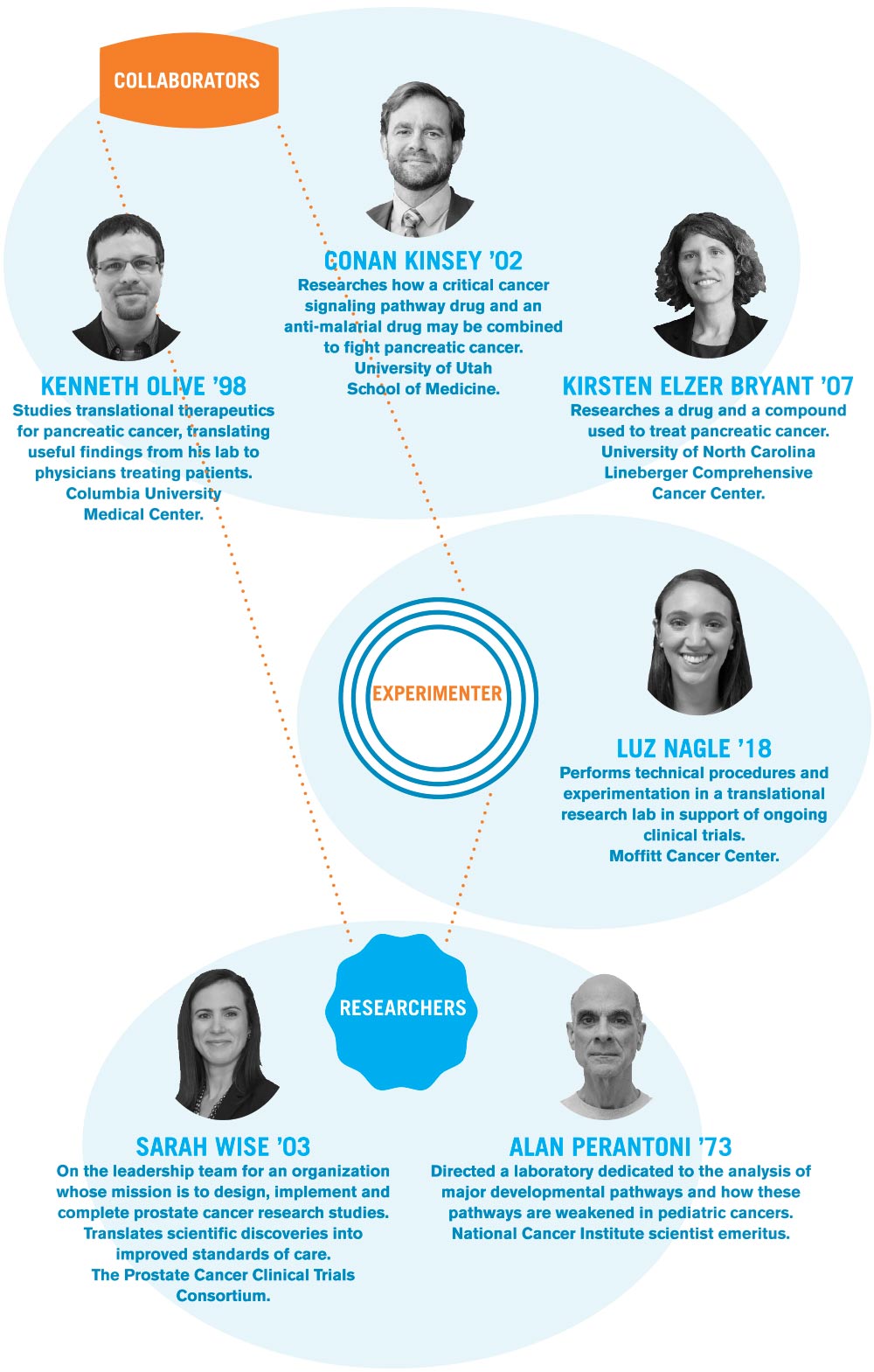
by DAVE ALLEN ’06
From a trailhead in Everglades National Park to concert halls and museums throughout the Midwest, pianist Ashlee Mack ’03 has made Still, a composition by her husband, James Romig, a staple of her repertoire.
Mack played the piece’s premiere in 2017 and in more than 20 concerts since, which made April’s announcement that Still was named a finalist for the Pulitzer Prize in Music particularly exciting. “We hadn’t collaborated on a project in a long time,” Mack says. “We were stunned, to say the least.”
Still draws inspiration from the works of American artist Clyfford Still and his stark, massive canvases. Since giving the premiere at Western Illinois University, where Romig teaches, and recording it at Knox Col-lege, where Mack is the director of piano studies, she has played it in U.S. National Parks and at the Denver museum that bears Still’s name.
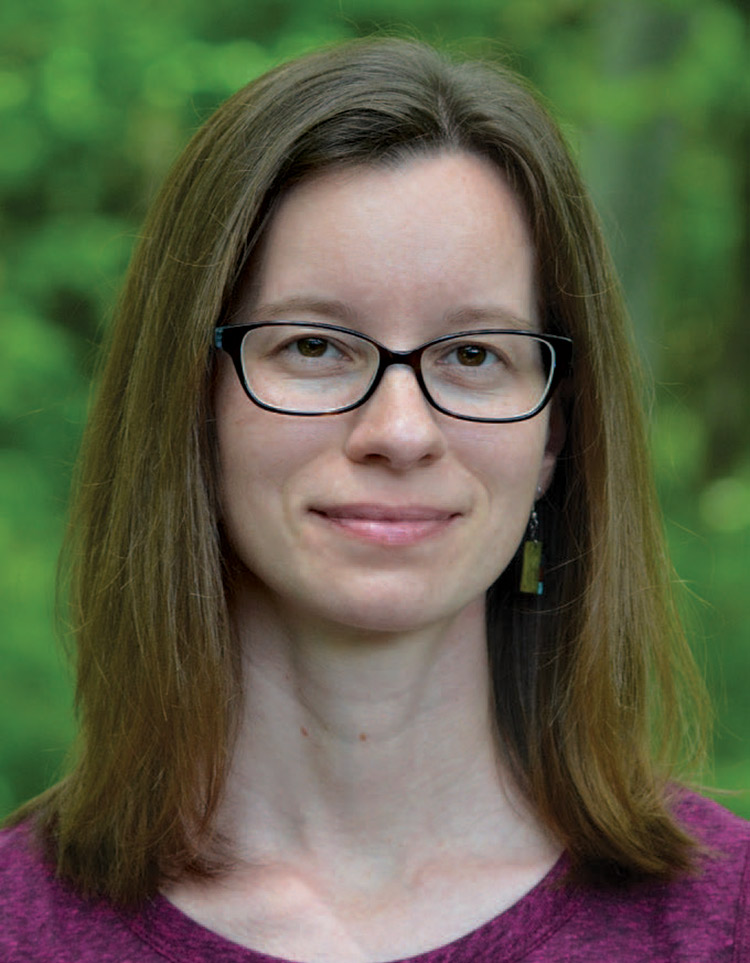
Terna Ityokumbul’s life
His decision to attend Bucknell turned out to be the correct path, as he found help coping with seizures that were becoming increasingly severe. What had begun as “going blank for a minute or two” had now advanced to grand mal seizures that were so severe one caused him to dislocate his shoulder. Ityokumbul, who played tight end and fullback on Bucknell’s football team, says the support from coaches and athletics trainers helped immeasurably. “Our trainer, Mark Keppler, and Coach [Joe] Susan were big advocates for me,” says Ityokumbul, a management major who’s now a senior buyer at Veritiv, a Fortune 500 company in Atlanta.
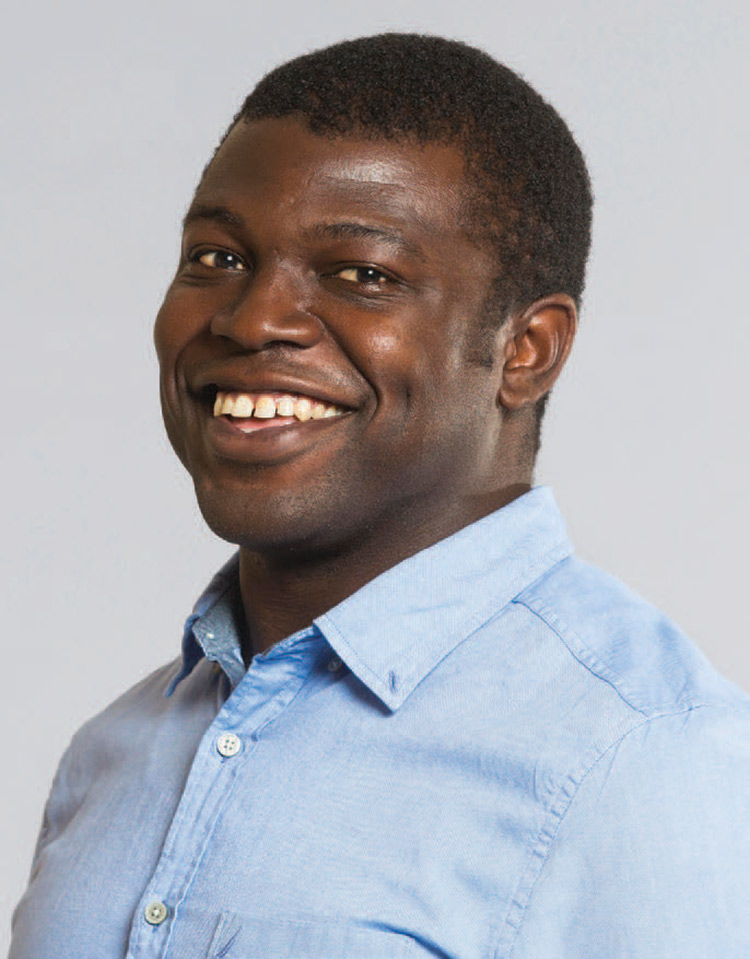
Rose Quispe ’18 had already experienced a bit of the world when she arrived at Bucknell.
Born in Peru, her family immigrated to the United States when she was just 8. The Posse Foundation’s leadership program eventually led her to Bucknell, where she took service-learning trips to the Dominican Republic and Nicaragua. While distributing medical supplies and interpreting for English-speaking physicians and their Spanish-speaking patients, Quispe saw something she could not forget.
“Those two experiences solidified my interests in international development,” says Quispe, who majored in economics and French. “I saw the differences between low-income life in the U.S. compared to low-income life in developing countries. Such disparity exists.”
With a well-developed mission to change the world, Quispe applied for the USAID Donald M. Payne International Development Graduate Fellowship Program, which pays for a master’s in international development or other field relevant to the U.S. Agency for International Development and offers fellows a path into USAID foreign service after graduation.
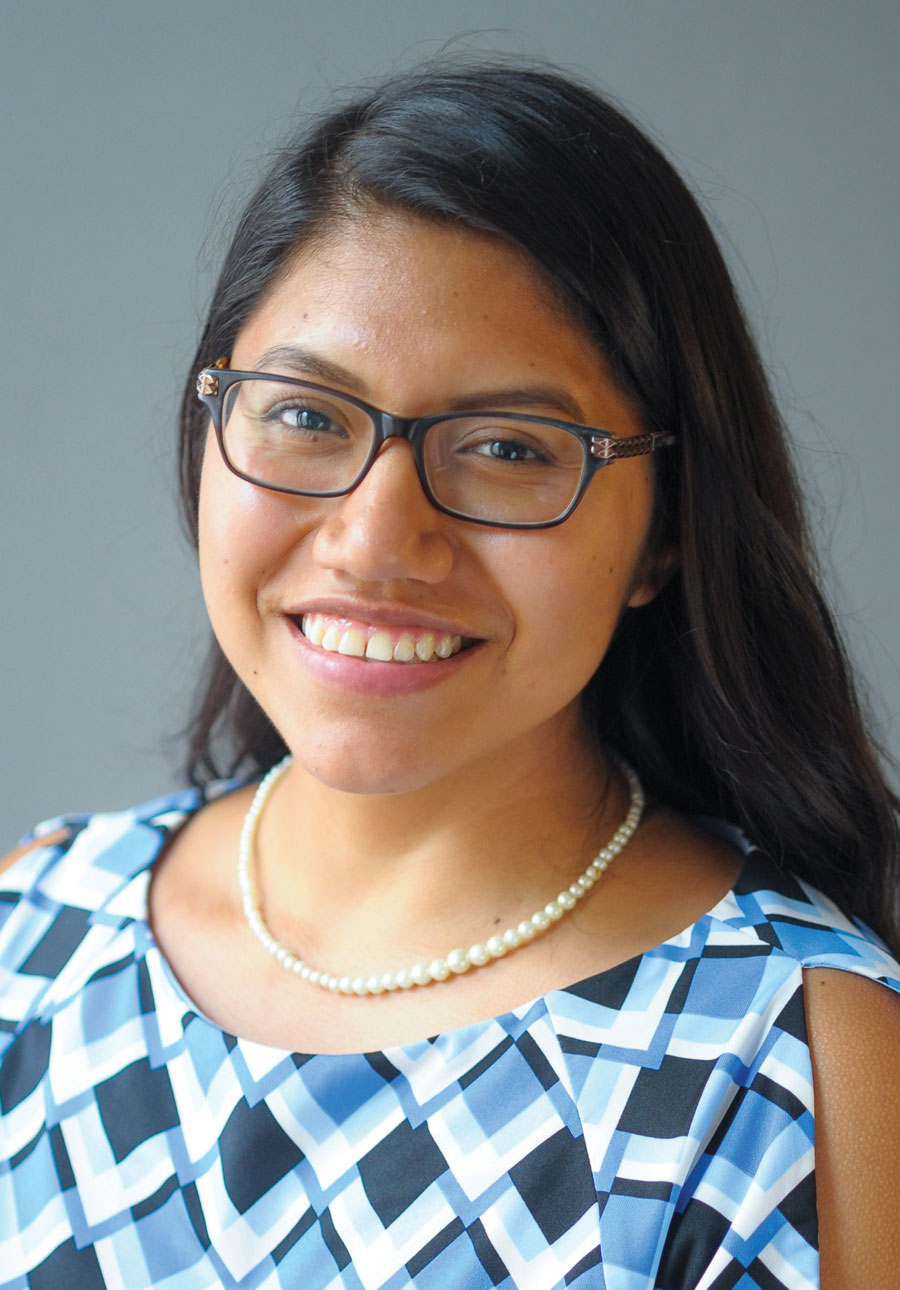
Bill Pugliese P’77, April 28, Cary, N.C.
Kathryn Millward Tyson P’70, May 26, Lewisburg, Pa.
Wayne Blessing, Jan. 4, Greensboro, N.C.
Caryl Cooper, June 25, Scottsdale, Ariz.
Lila Kravis Moross, March 16, West Babylon, N.Y.
Richard Goss P’74, May 24, Portage, Mich.
William Toplis M’52, May 7, West Chester, Pa.
Dot Schneider Wagner, Oct. 4, 2018, Francestown, N.H.
Bernard Fong P’76, March 13, Honolulu, Hawaii
Joe Levi, March 31, Surfside Beach, S.C.
Mike Kronisch P’79, P’82, P’87, G’15, June 21, Mount Arlington, N.J.
Jerry Mazel, Feb. 1, Boca Raton, Fla.
Jeanette Simon Morrow P’74, G’13, April 5, 2018, Denver, Colo.
William Taylor, June 10, Arcata, Calif.

BucknellConnect.com
 THE DATA THAT DRIVES OUR LIVES
THE DATA THAT DRIVES OUR LIVES
Thursday, Nov. 14, noon EST

bucknell.edu/360
FOLLOW US ON FACEBOOK TO SUBMIT YOUR ANSWER


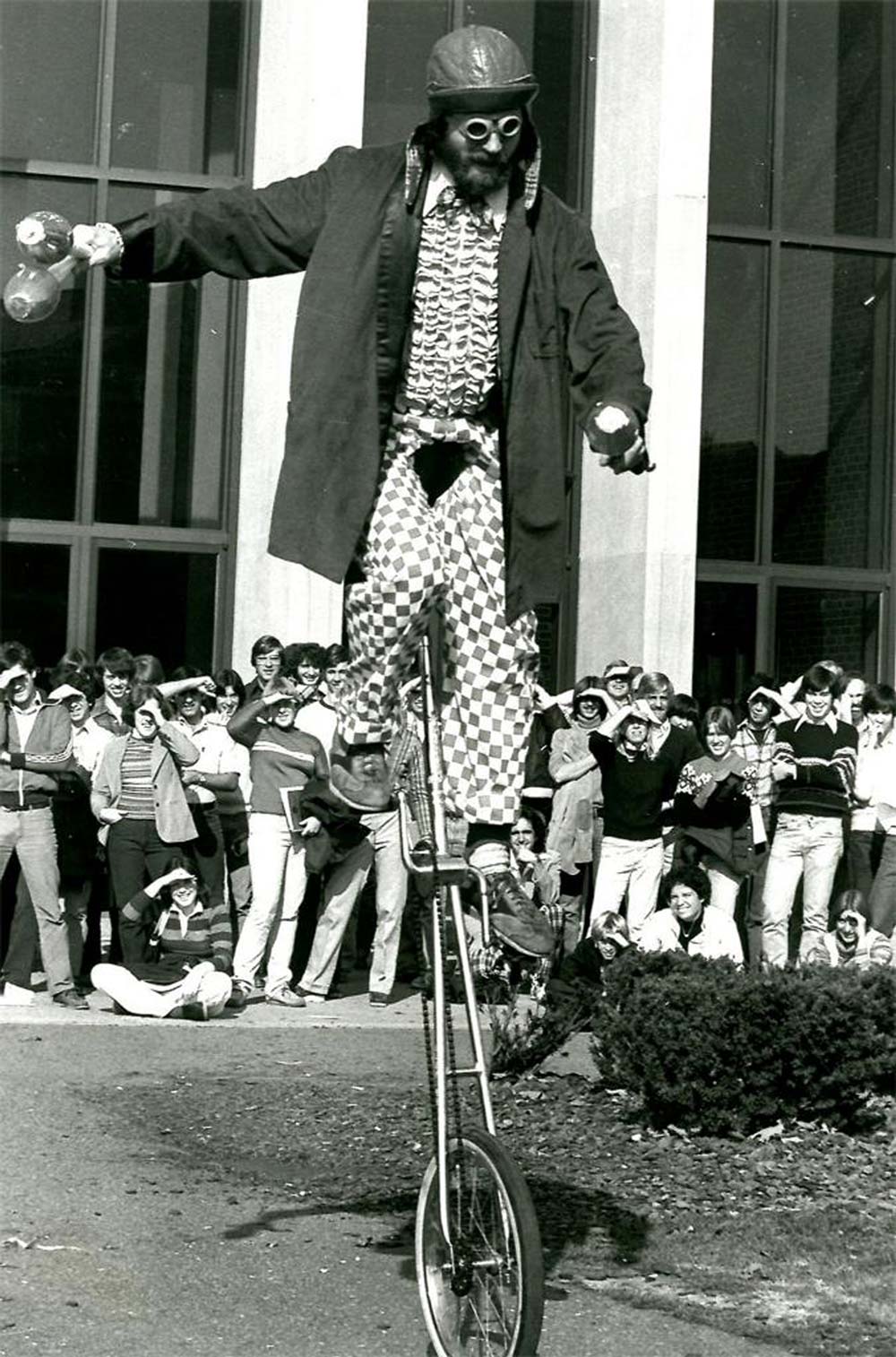

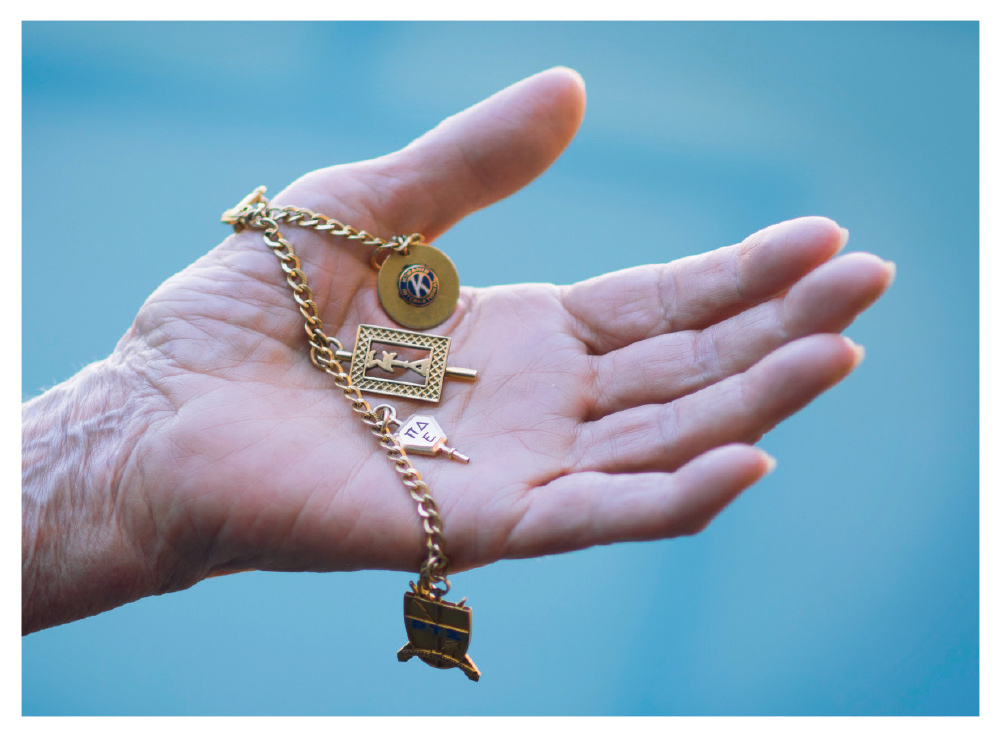
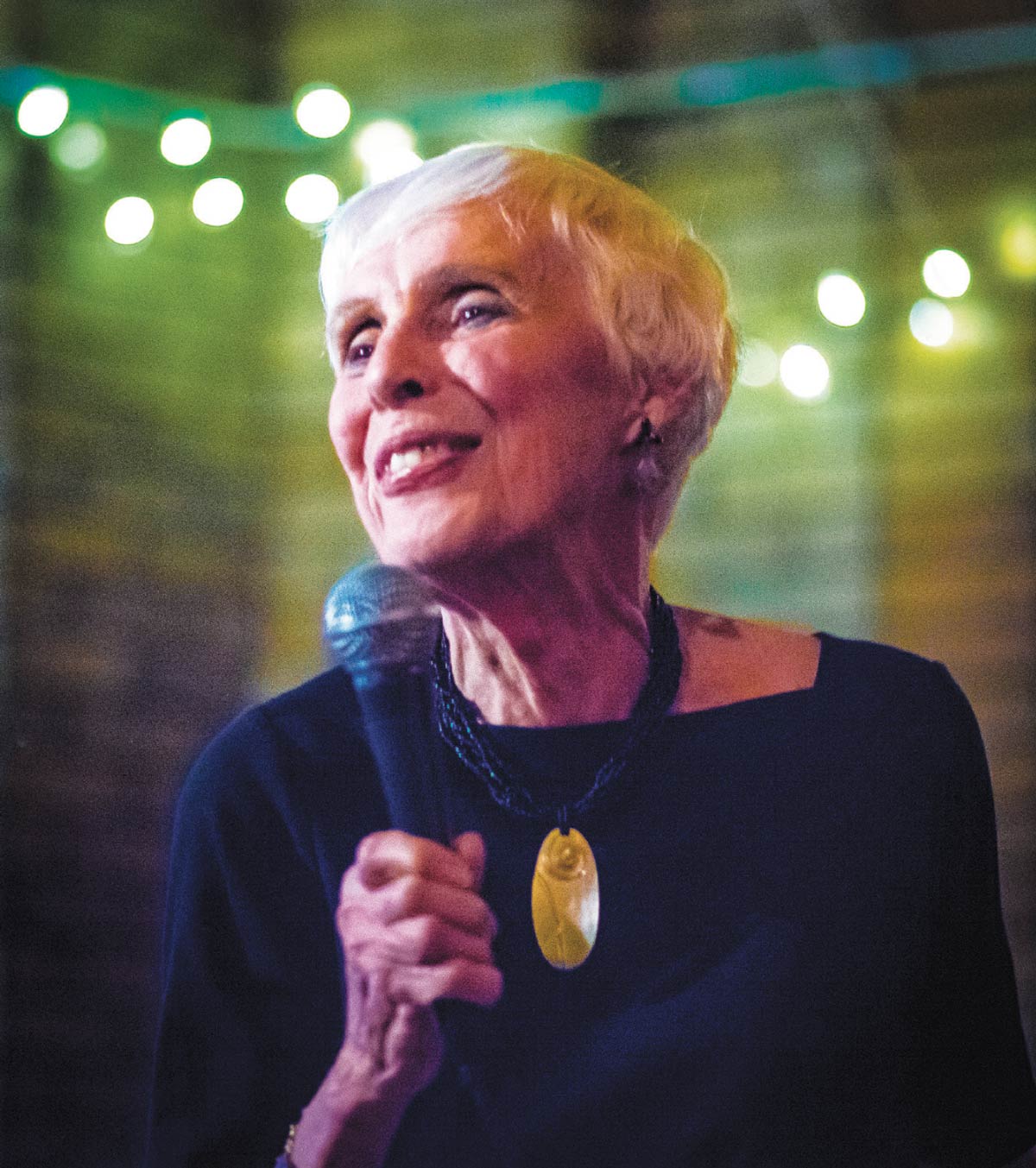

 In the ’50s, when Carolyn “Callie” Meyer ’57 finally won the coveted charm anointing her “the Most Useful Girl” in her high school, she never imagined it would become the rallying cry of her one-woman stage show 60-some years later. After a late foray into standup comedy, this prolific author (60-plus books!) leveraged the charm as the closing punch line of her show. Following 13 sold-out performances that drove audiences wild in her hometown of Albuquerque, Meyer’s piece was selected by the United Solo Theatre Festival for an Oct. 27 off-Broadway performance.
In the ’50s, when Carolyn “Callie” Meyer ’57 finally won the coveted charm anointing her “the Most Useful Girl” in her high school, she never imagined it would become the rallying cry of her one-woman stage show 60-some years later. After a late foray into standup comedy, this prolific author (60-plus books!) leveraged the charm as the closing punch line of her show. Following 13 sold-out performances that drove audiences wild in her hometown of Albuquerque, Meyer’s piece was selected by the United Solo Theatre Festival for an Oct. 27 off-Broadway performance.







bucknell.edu/YourImpact




